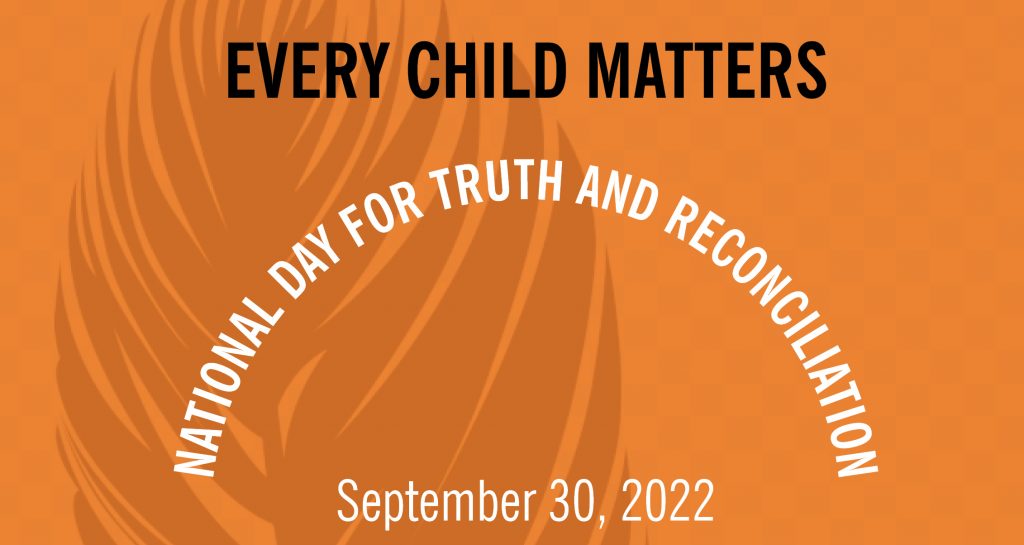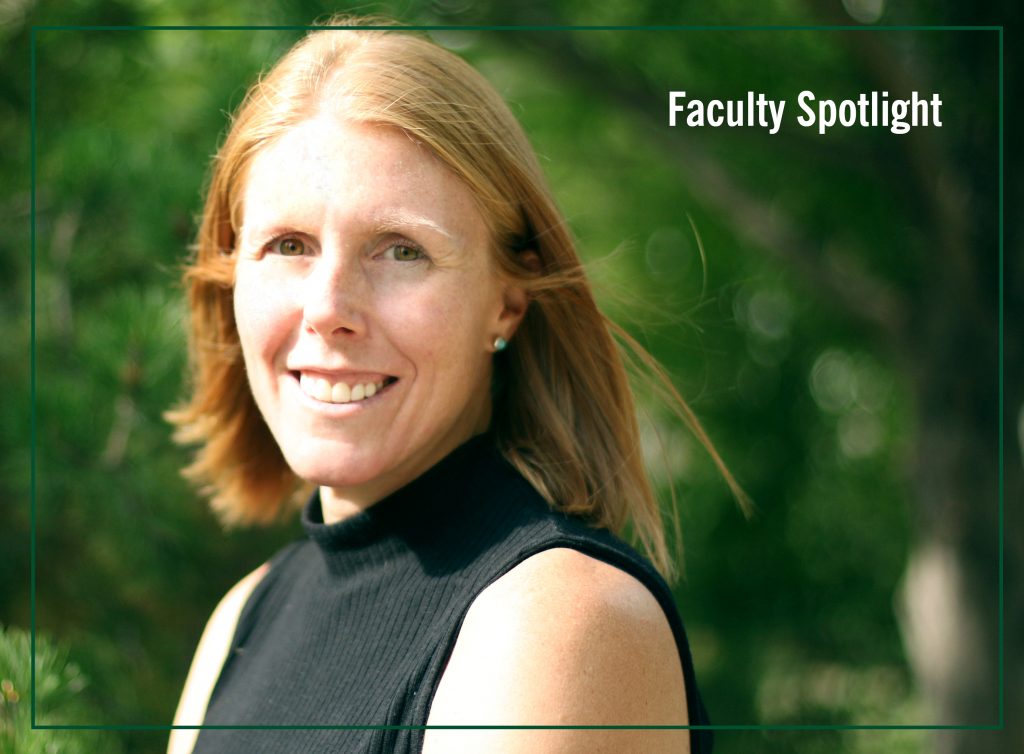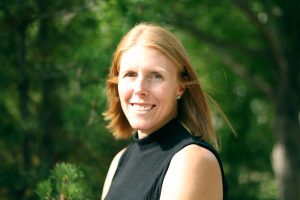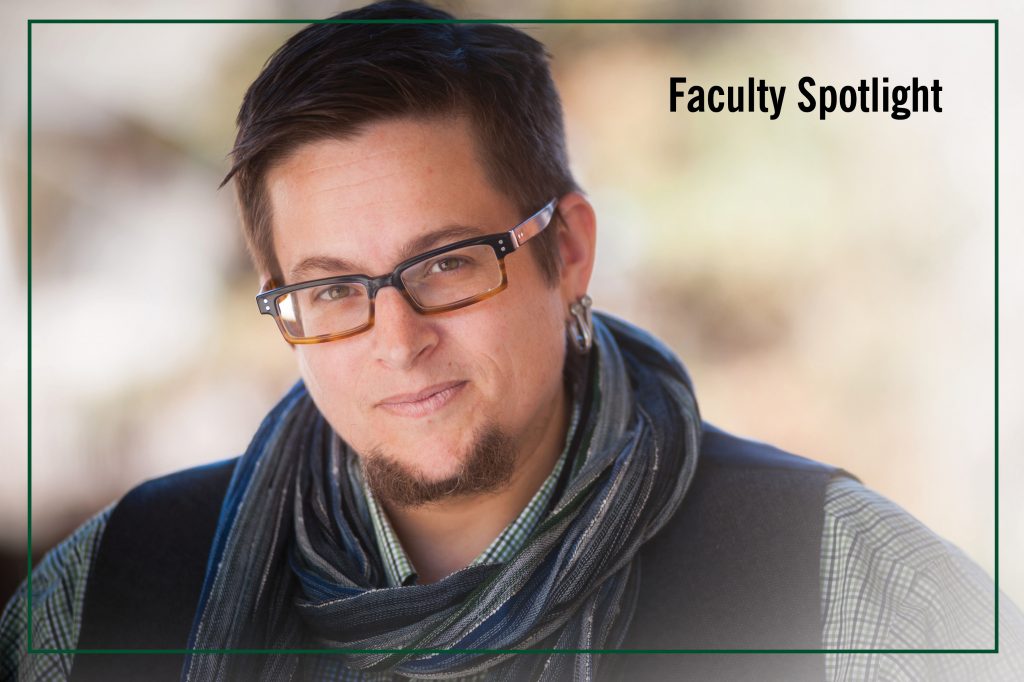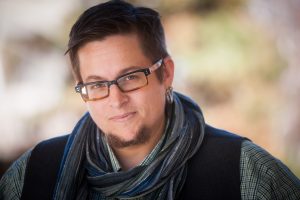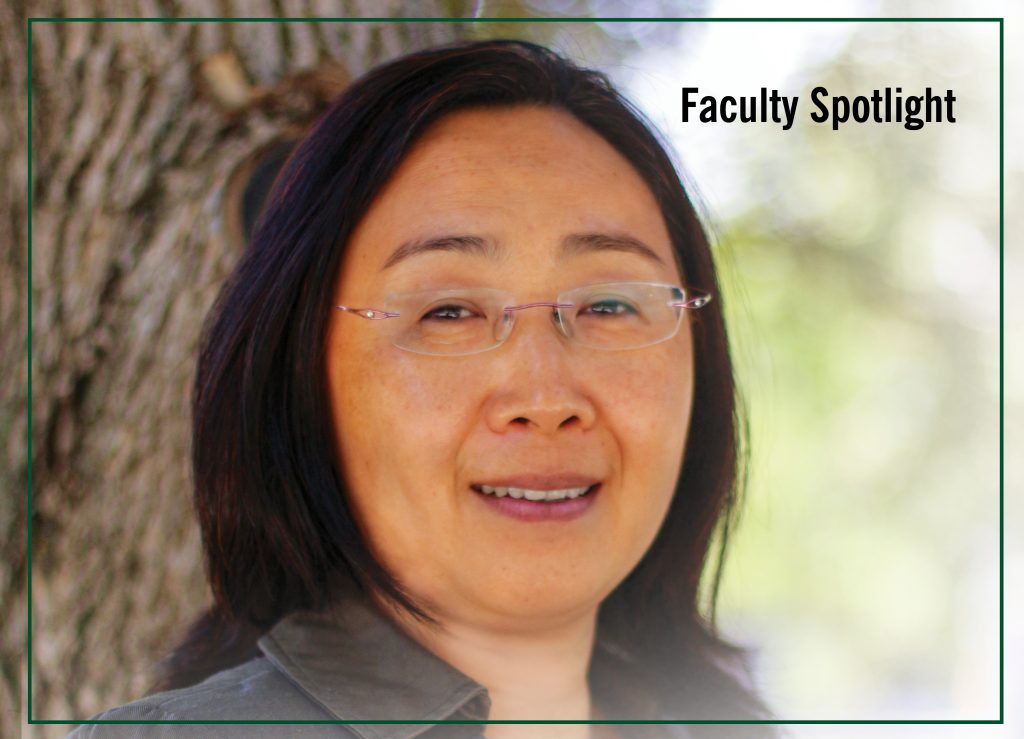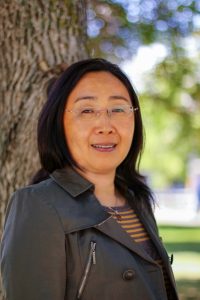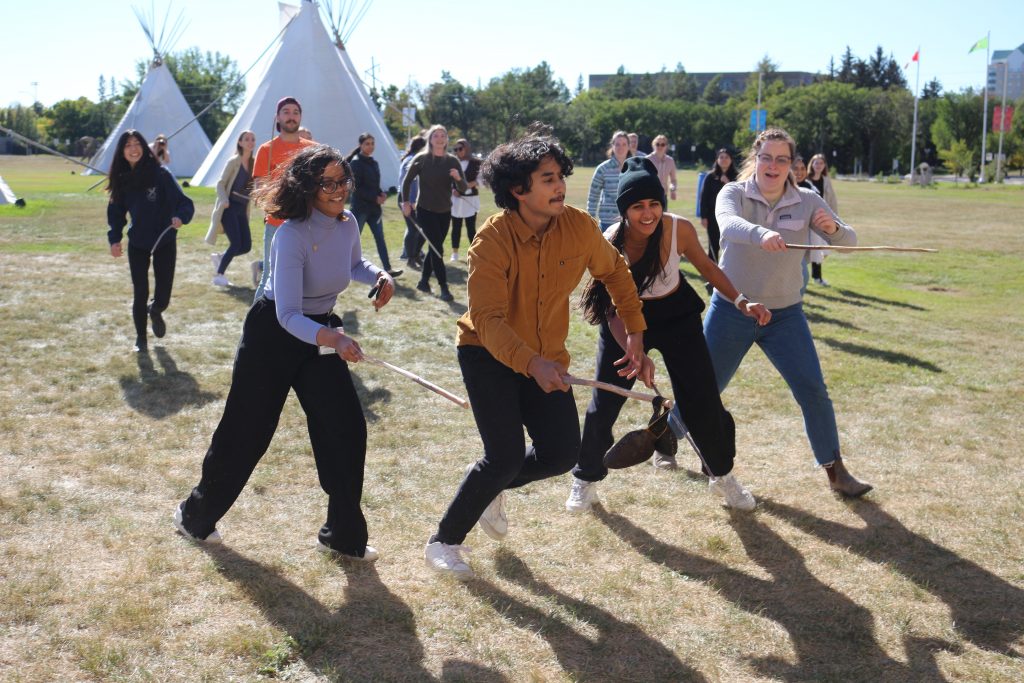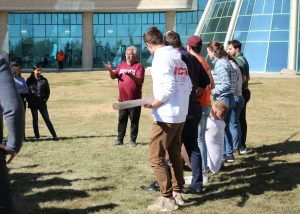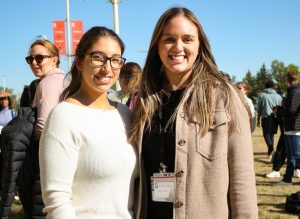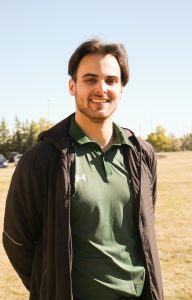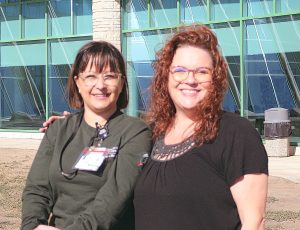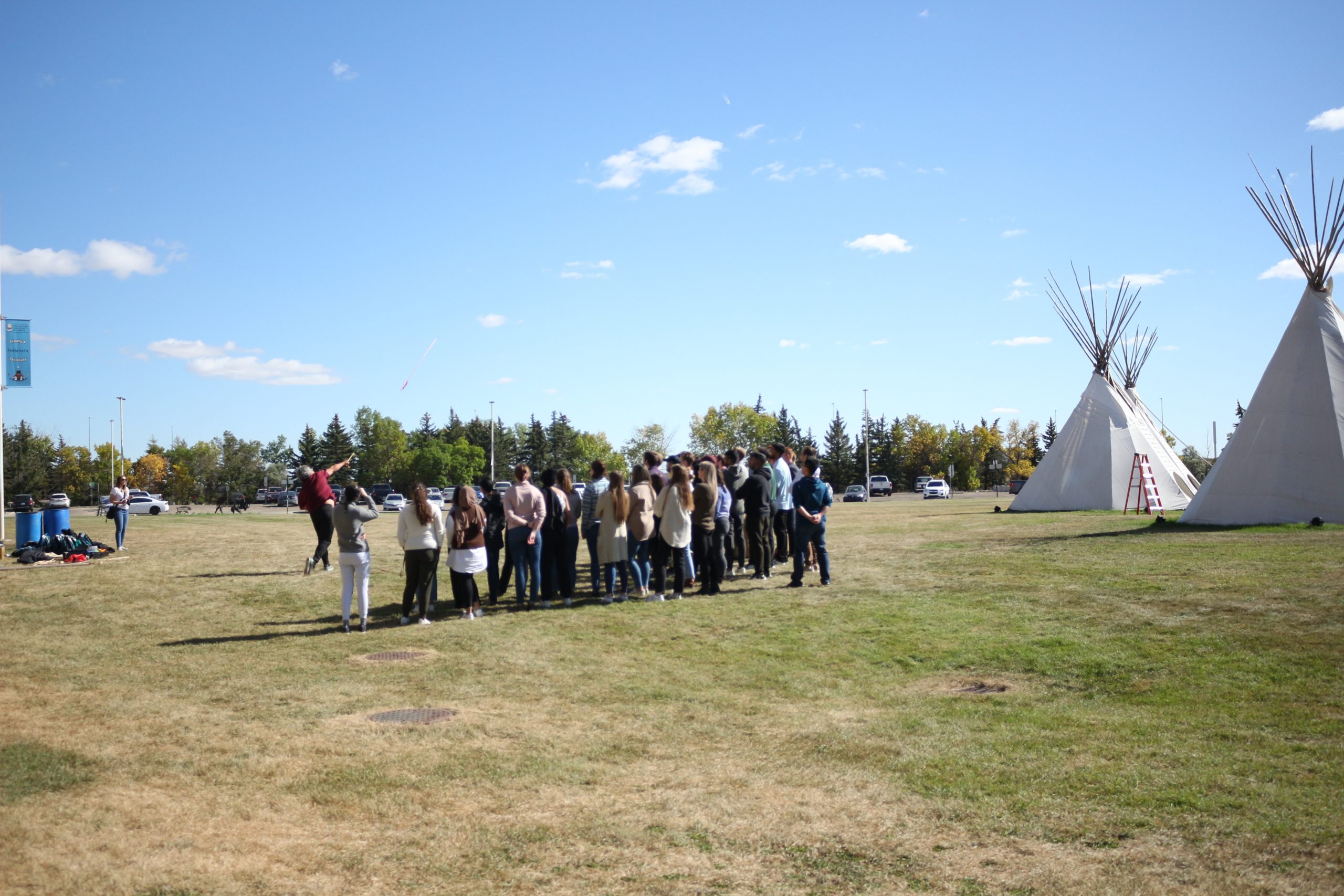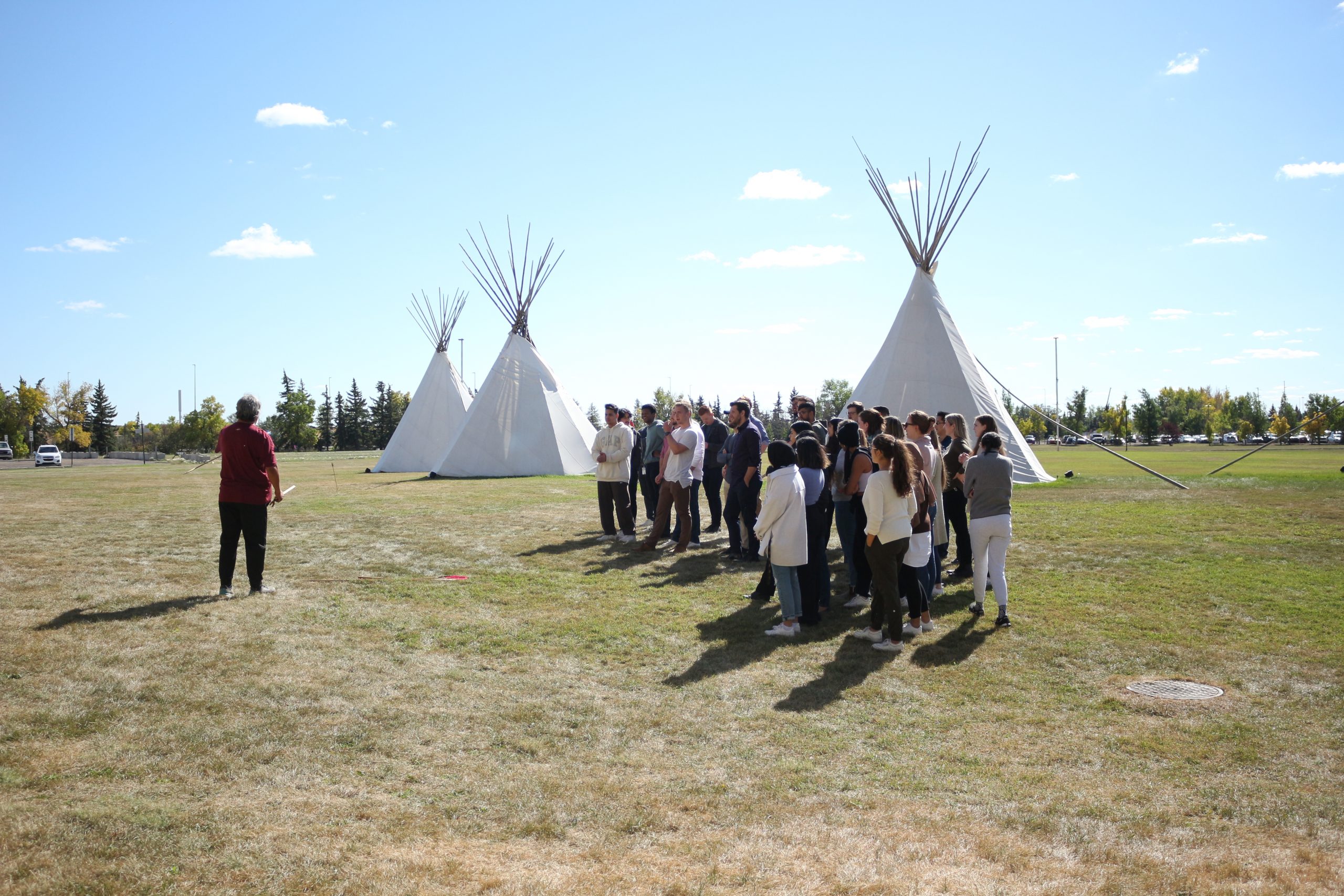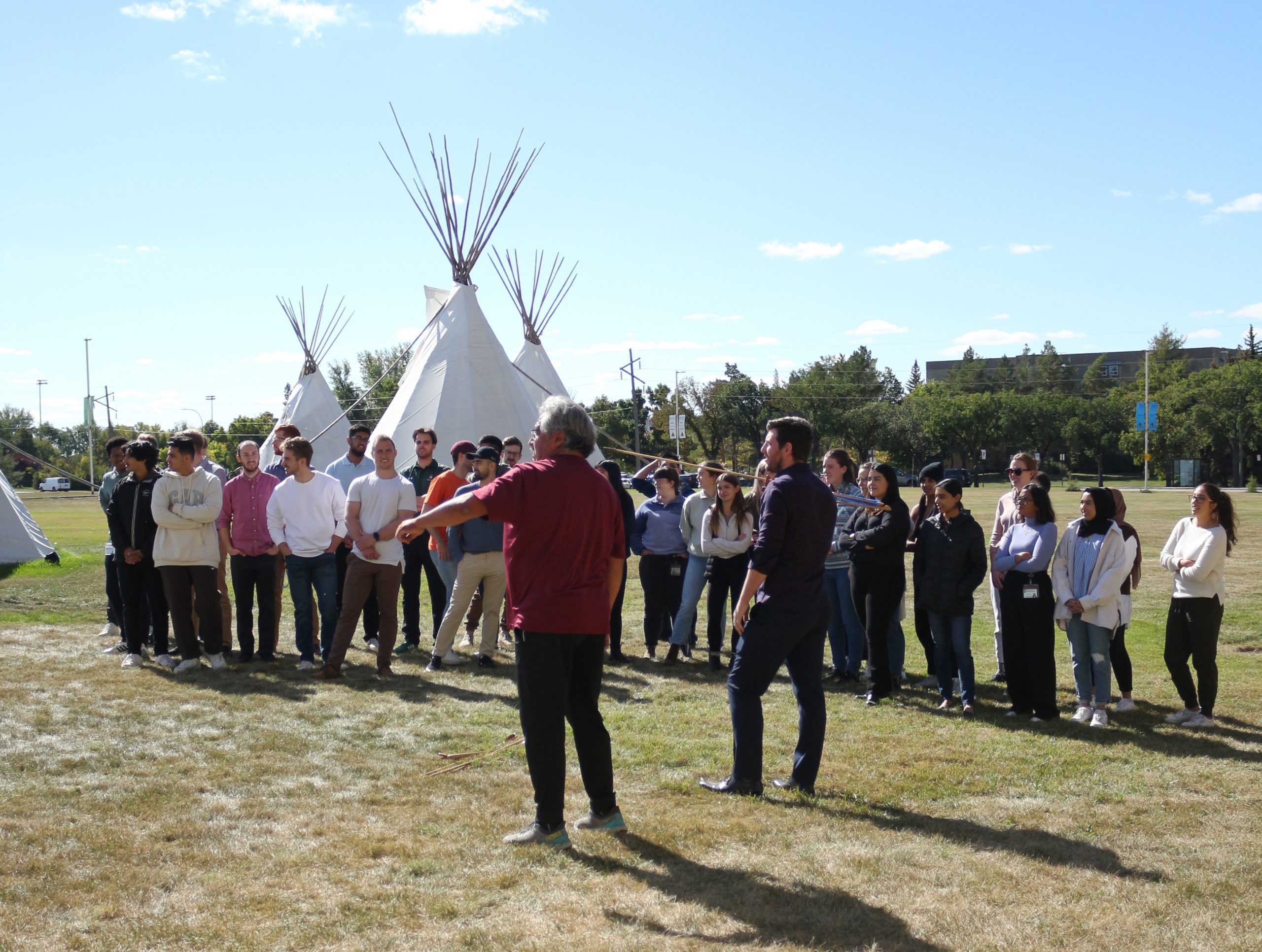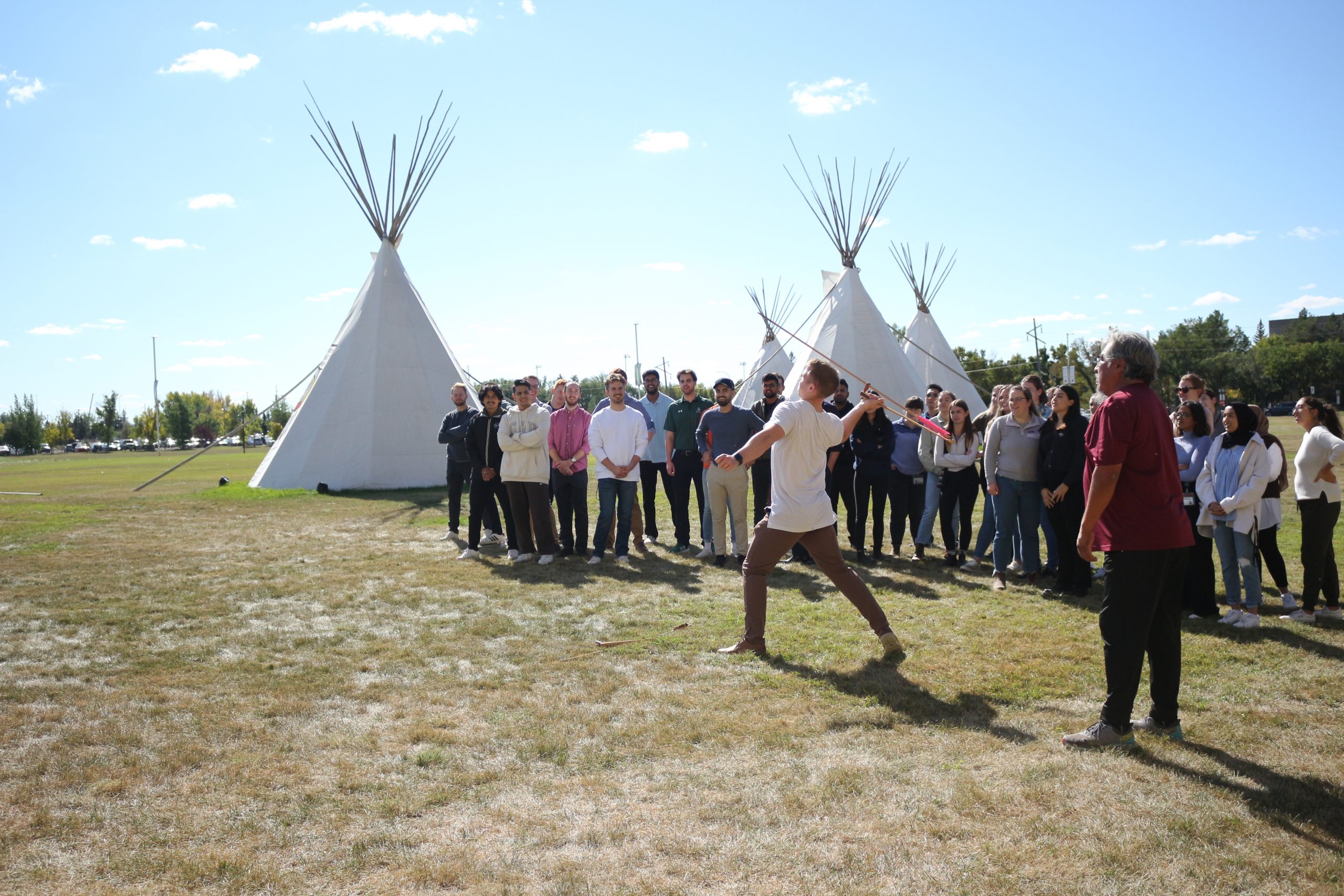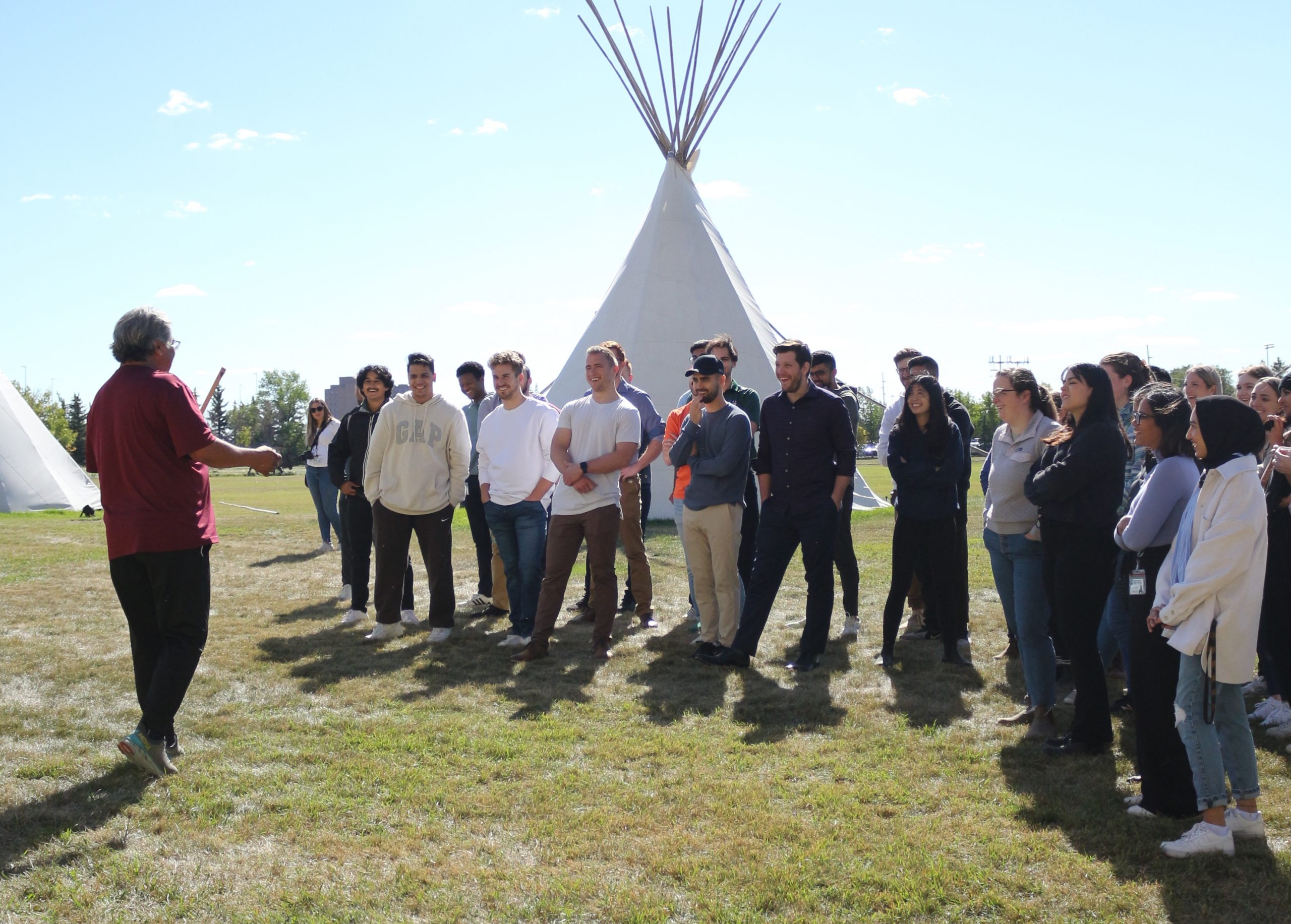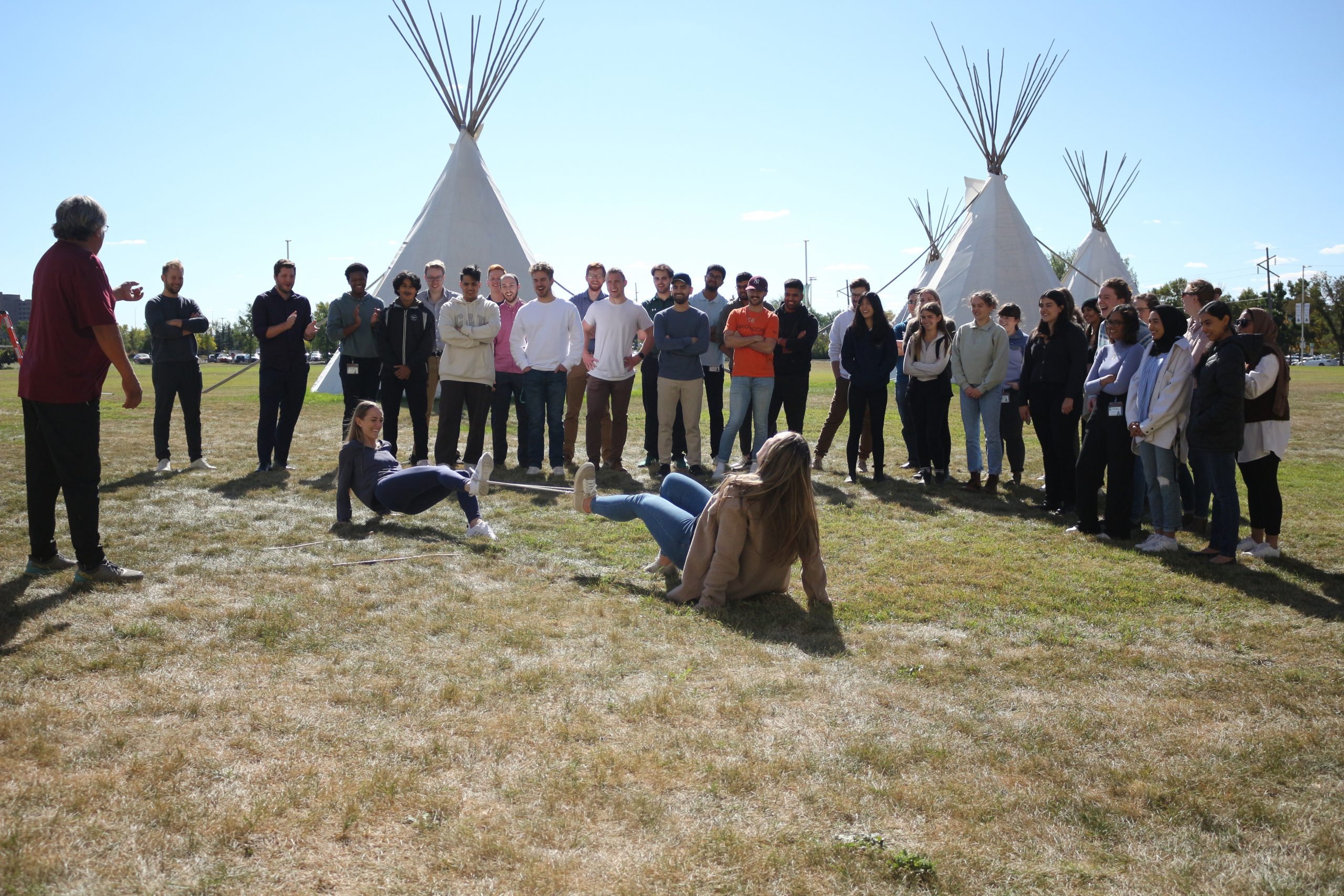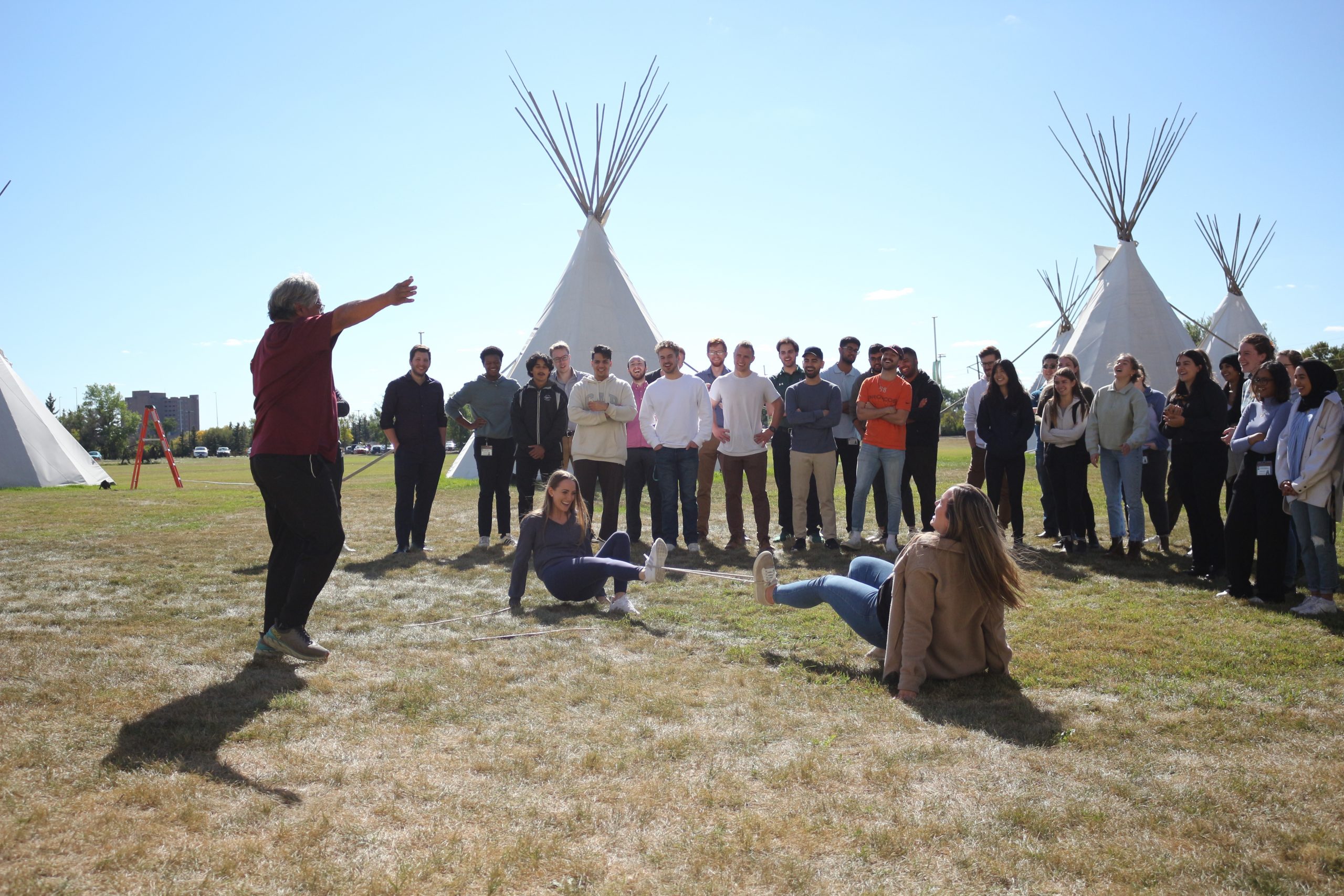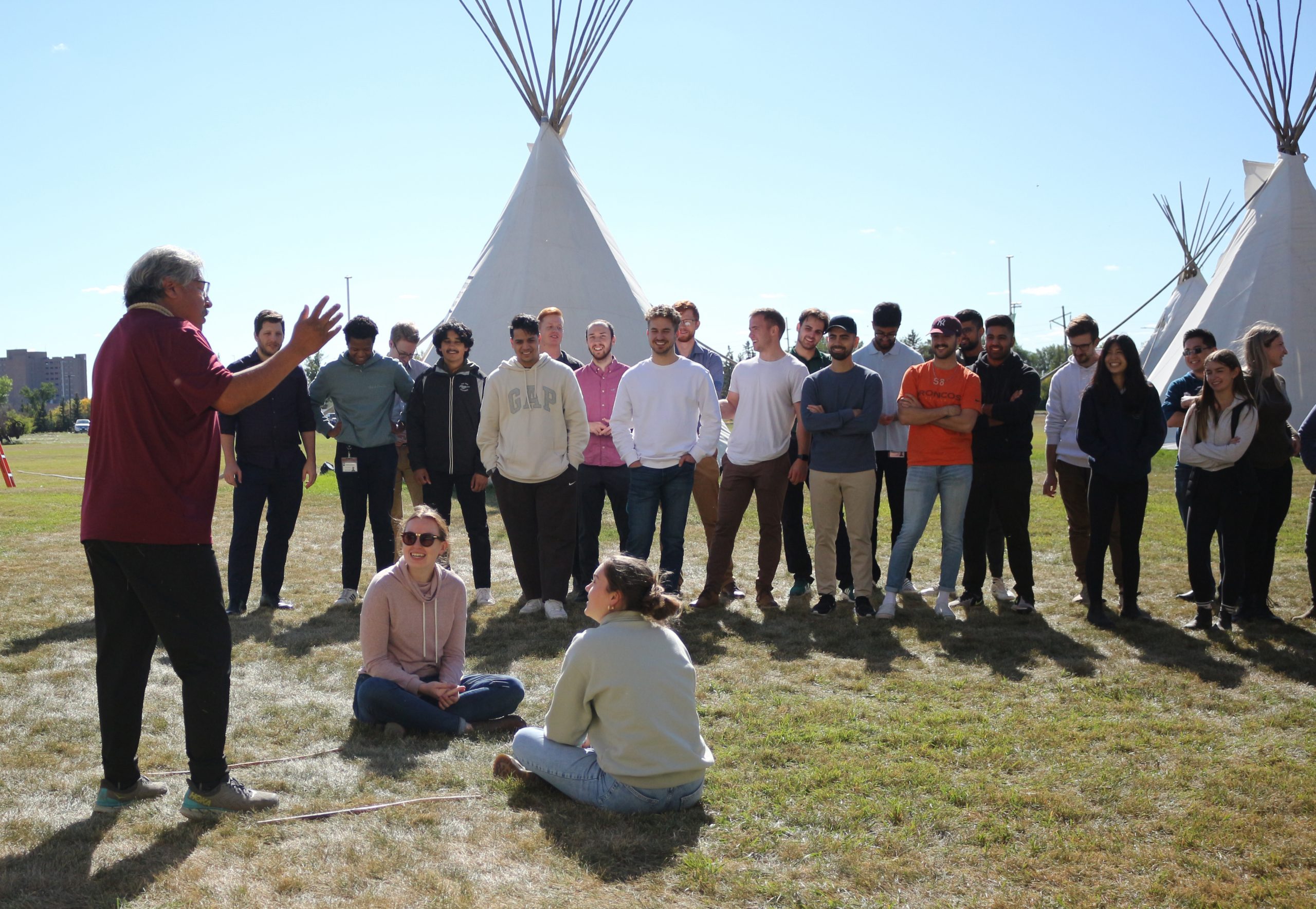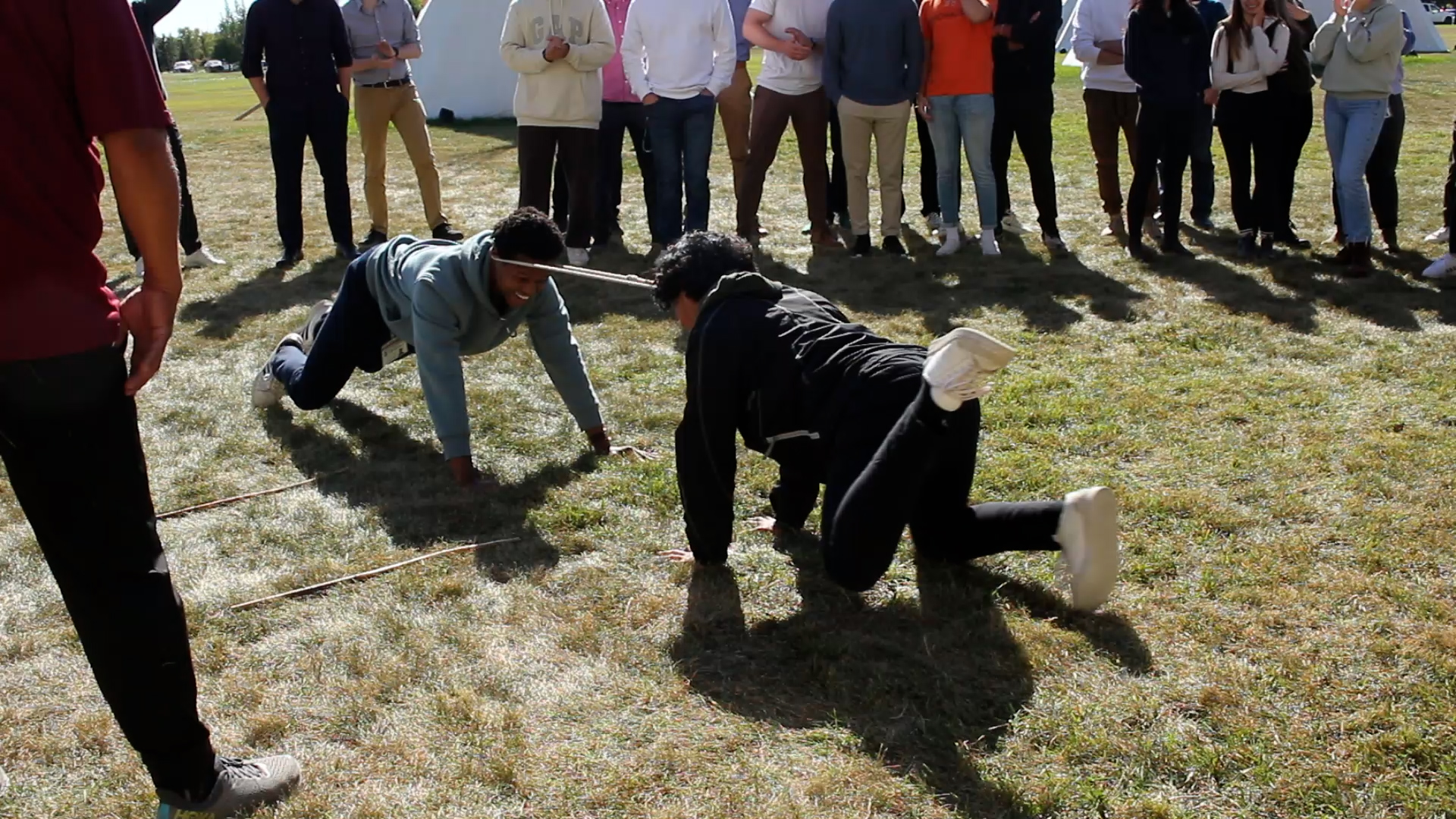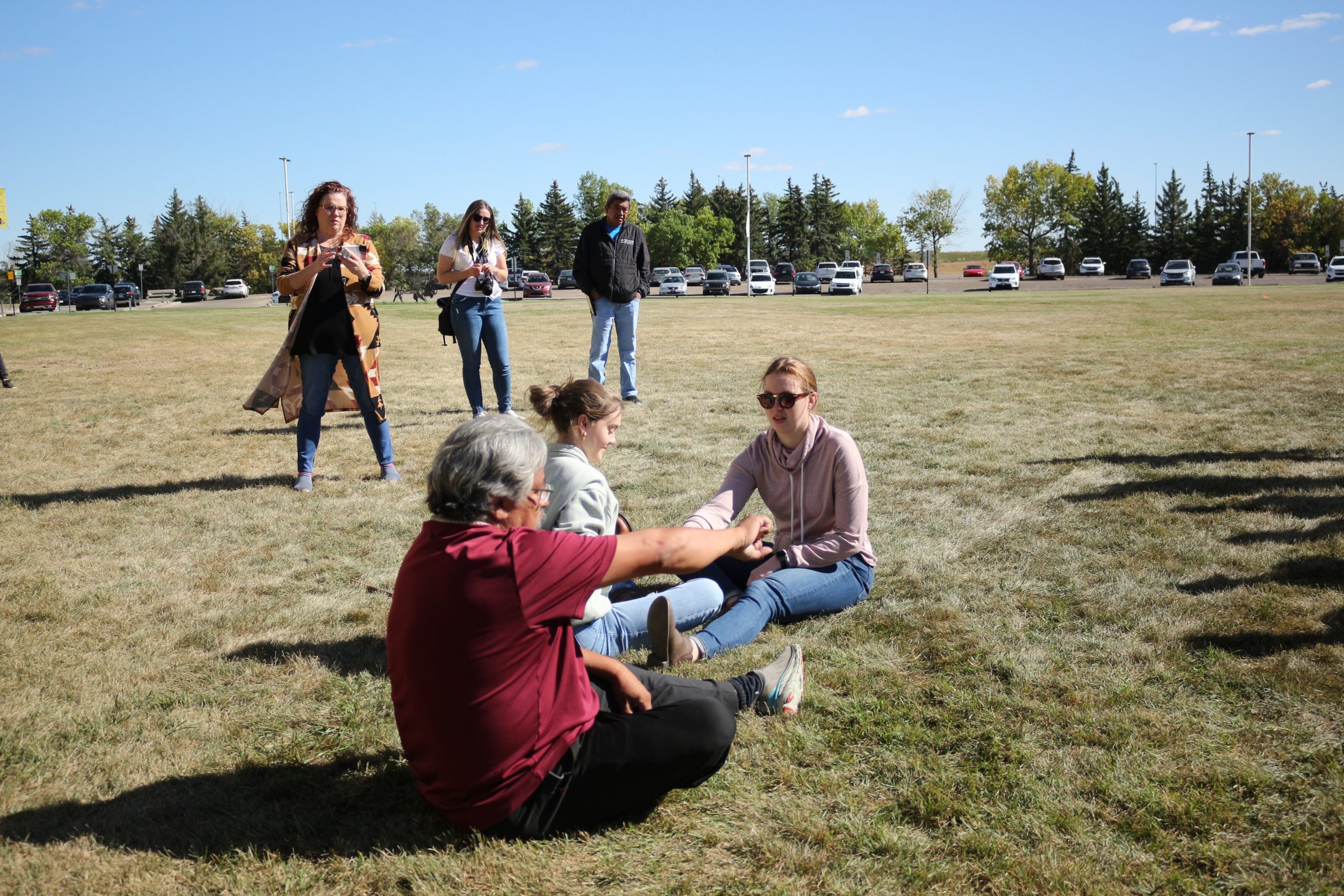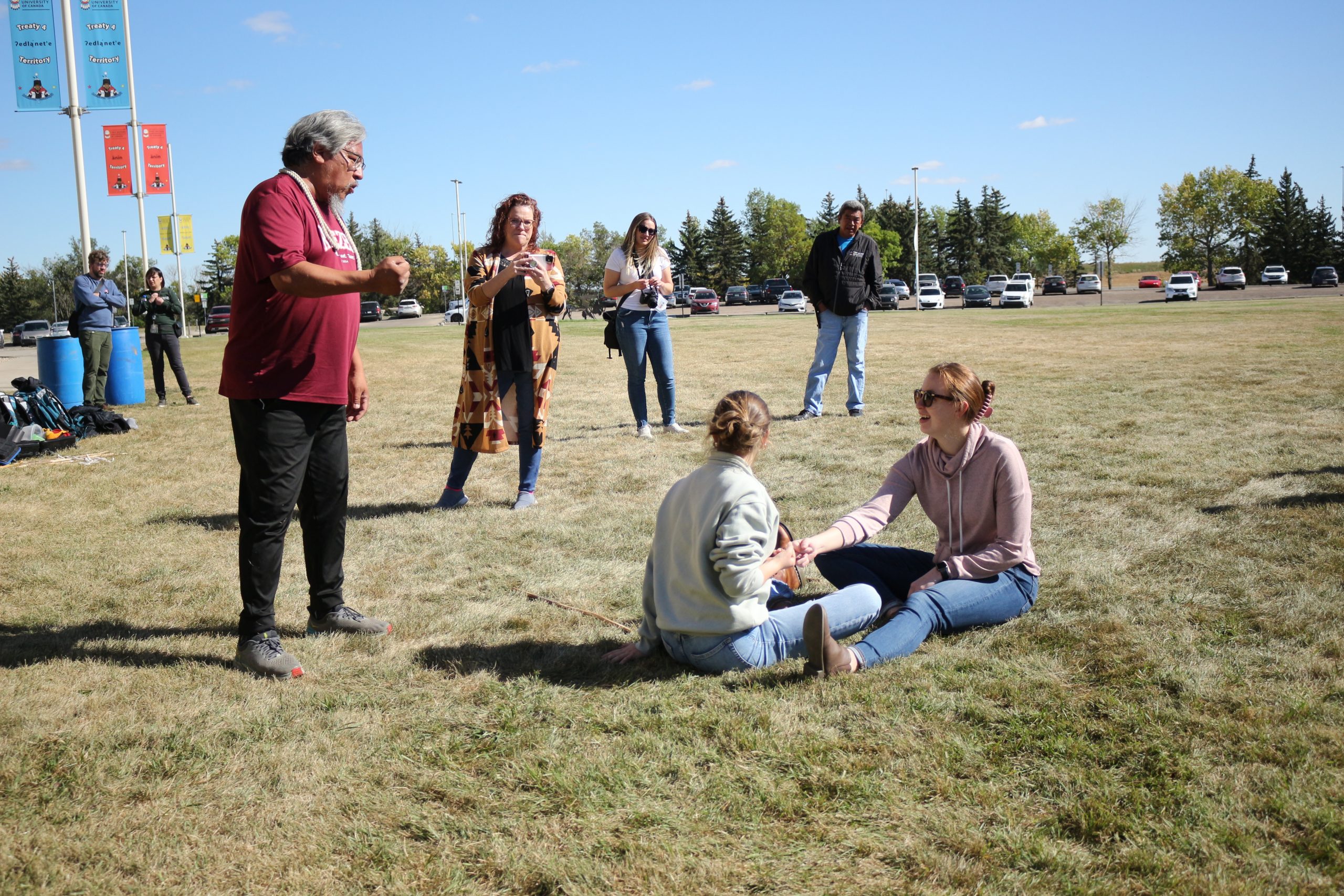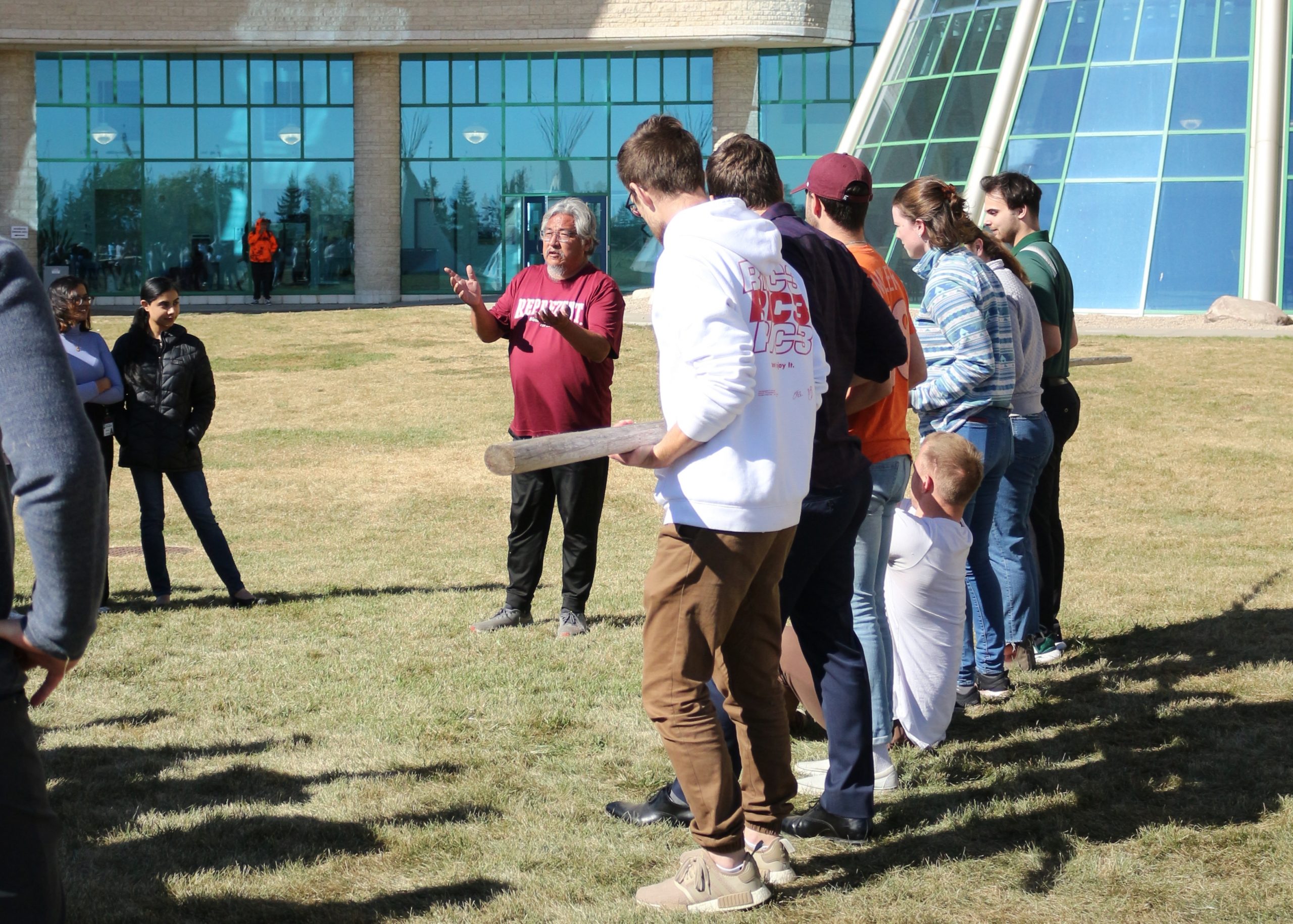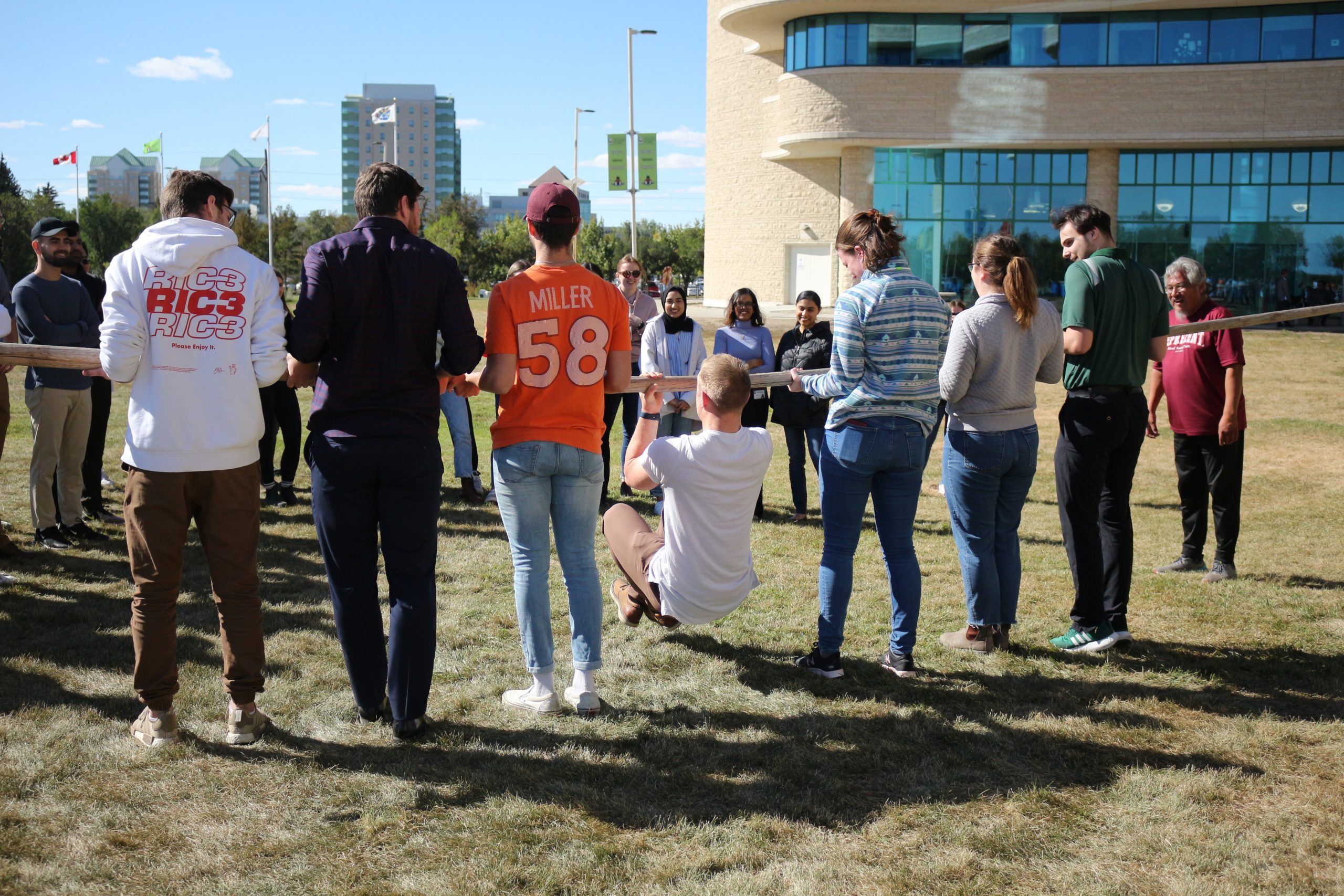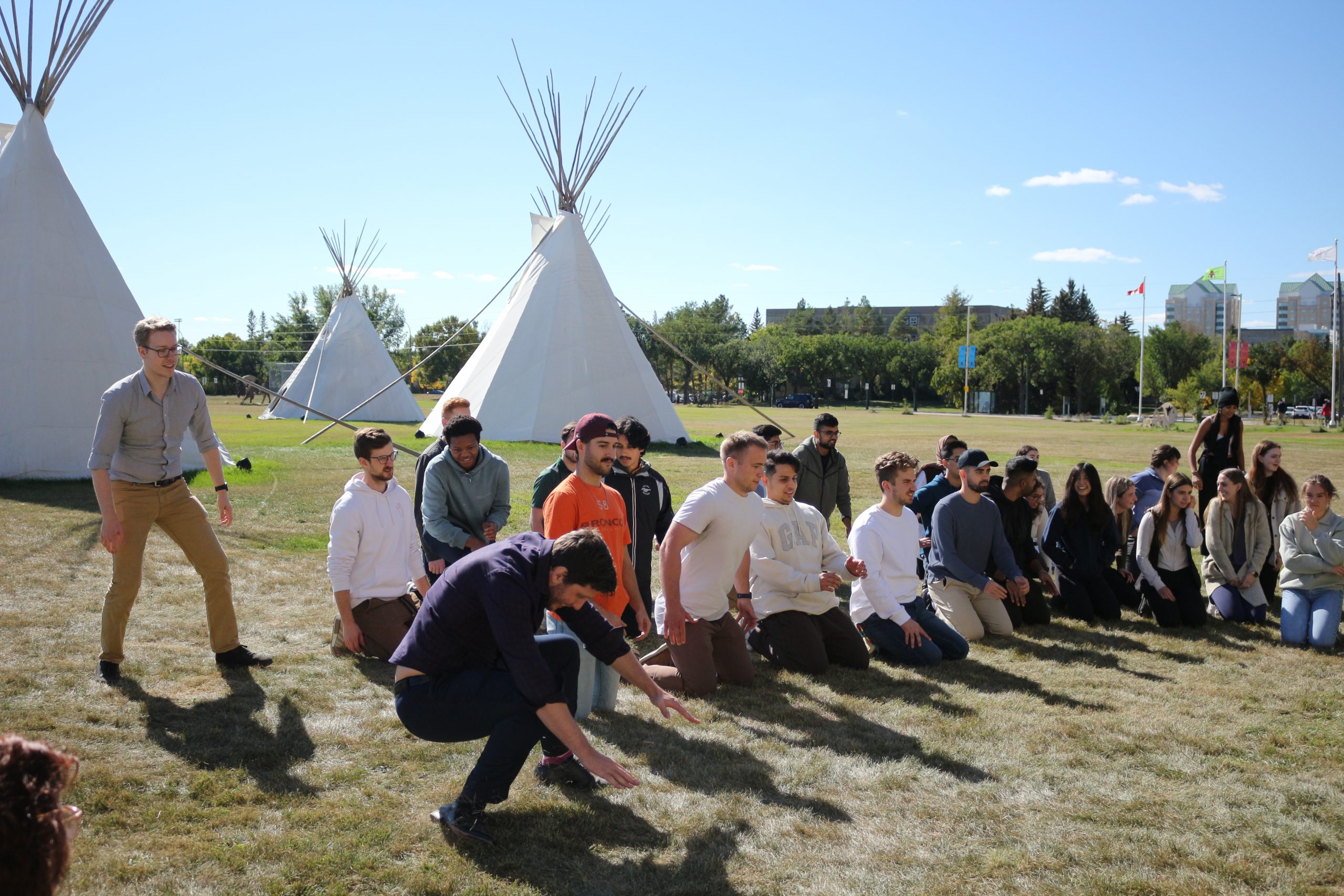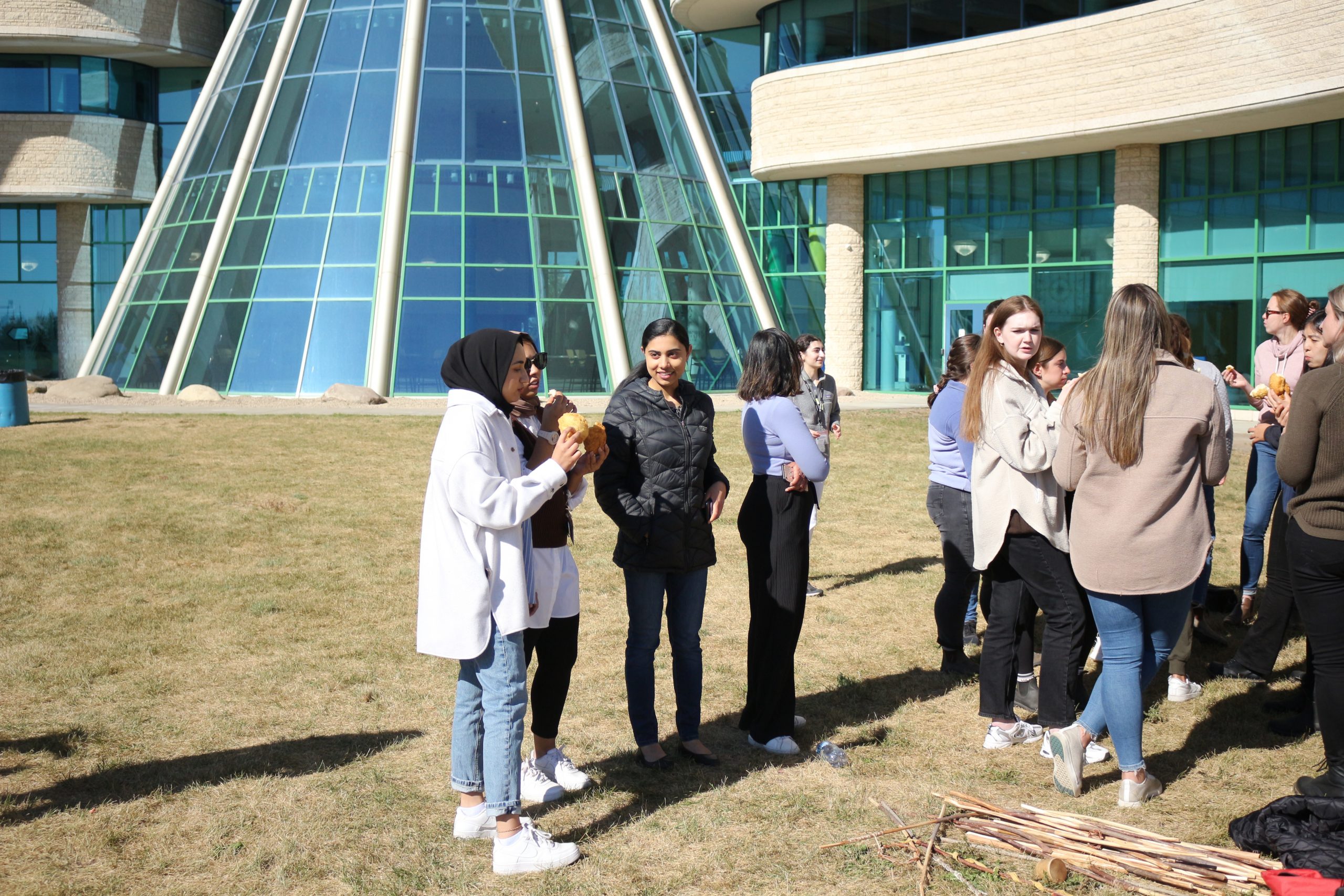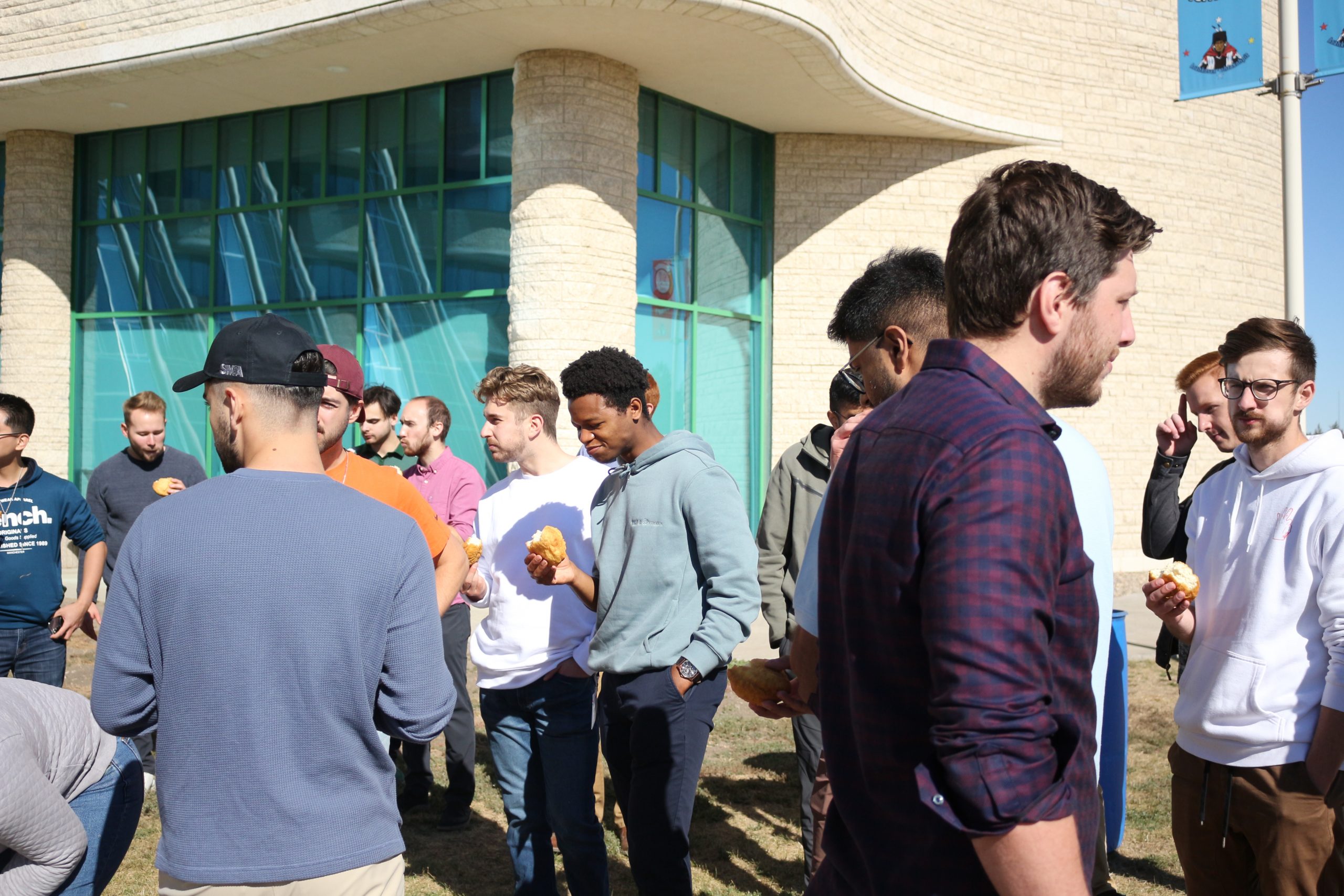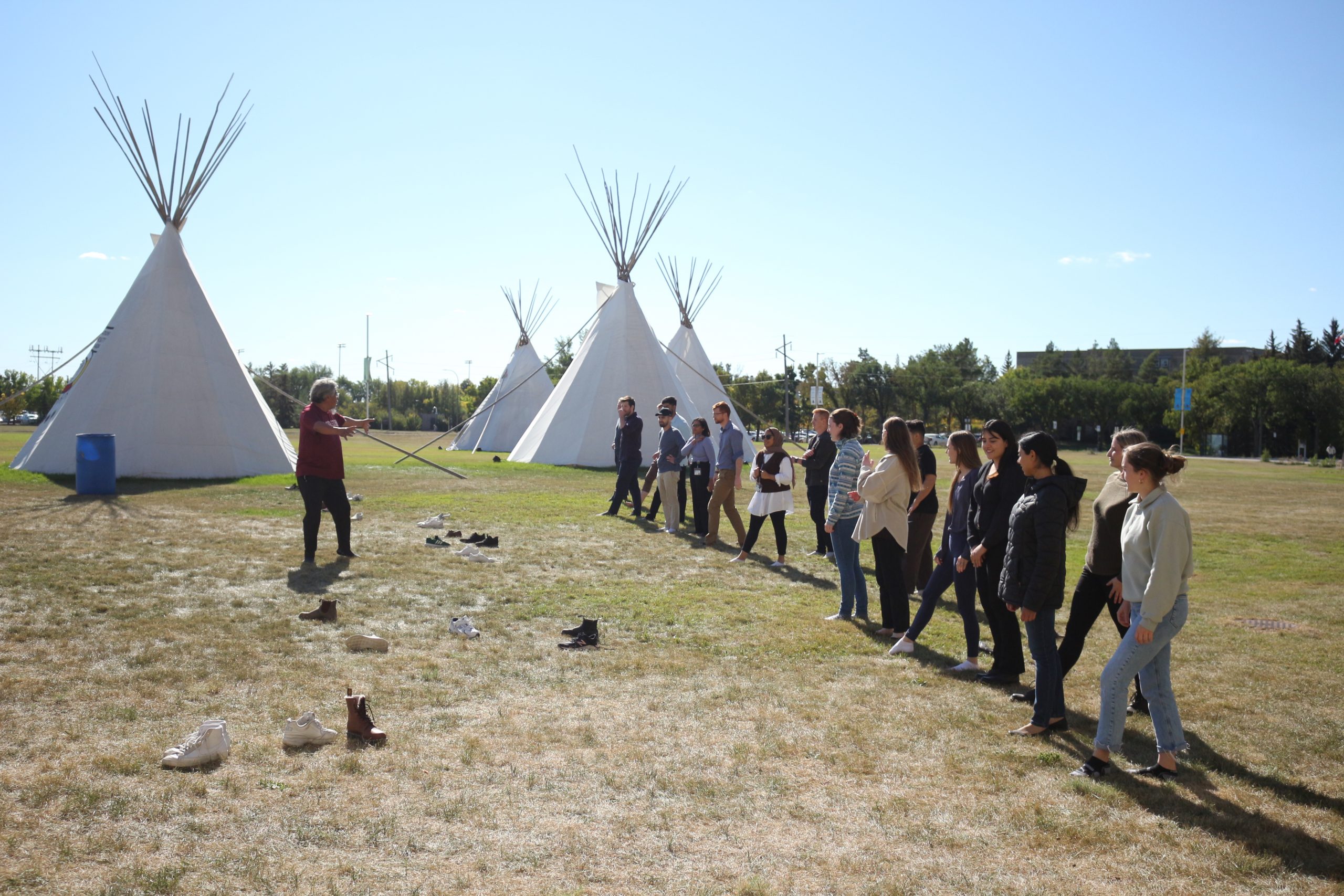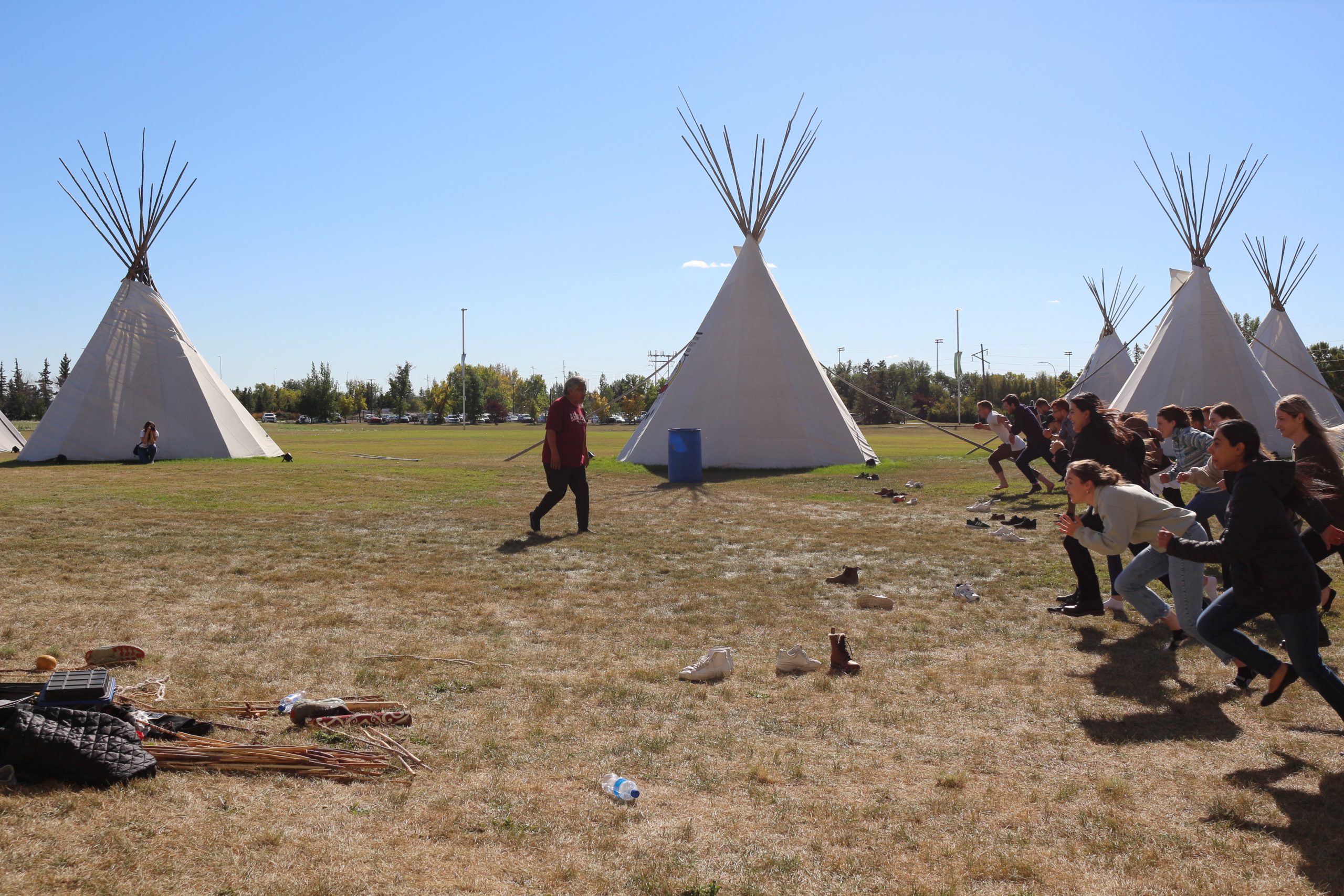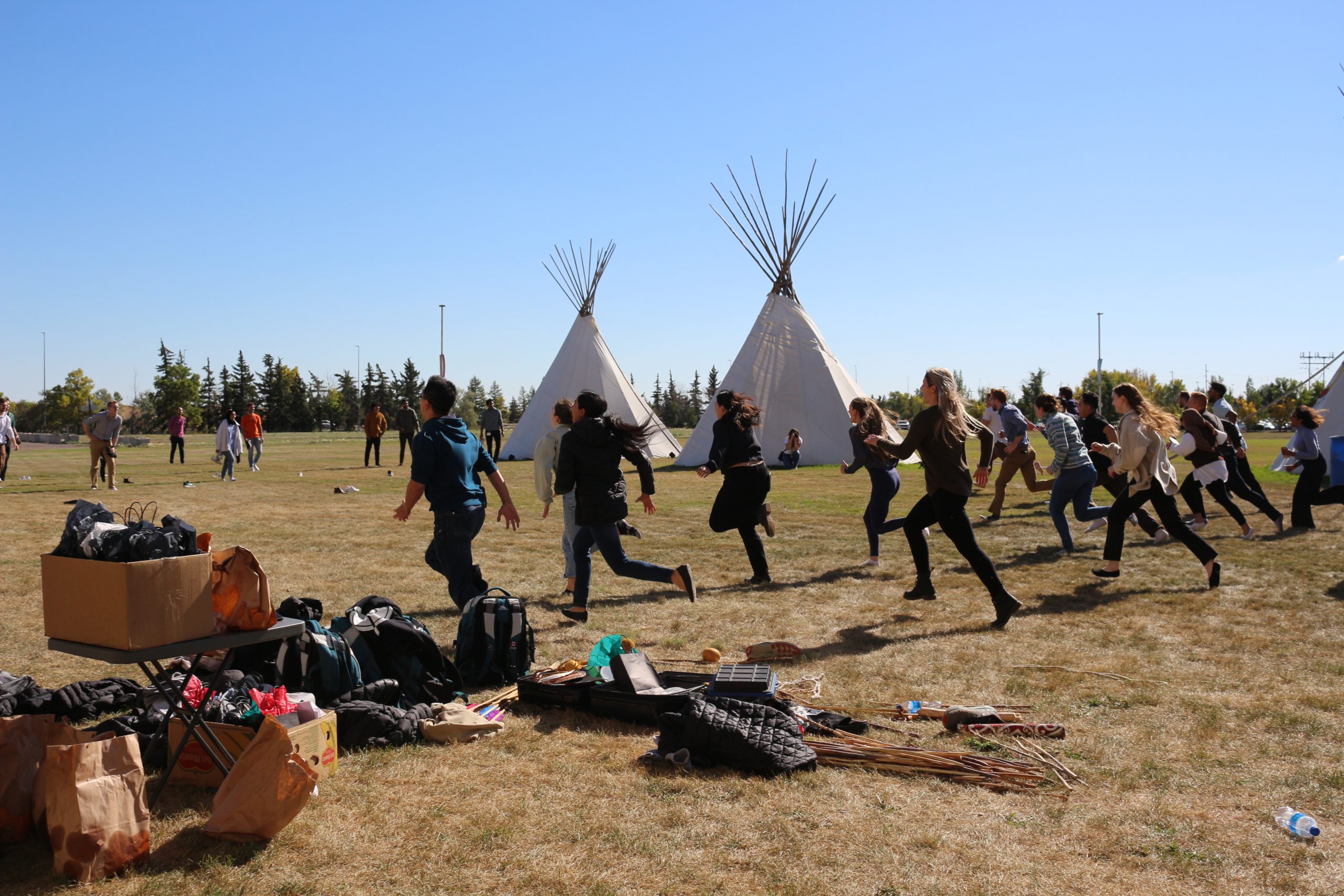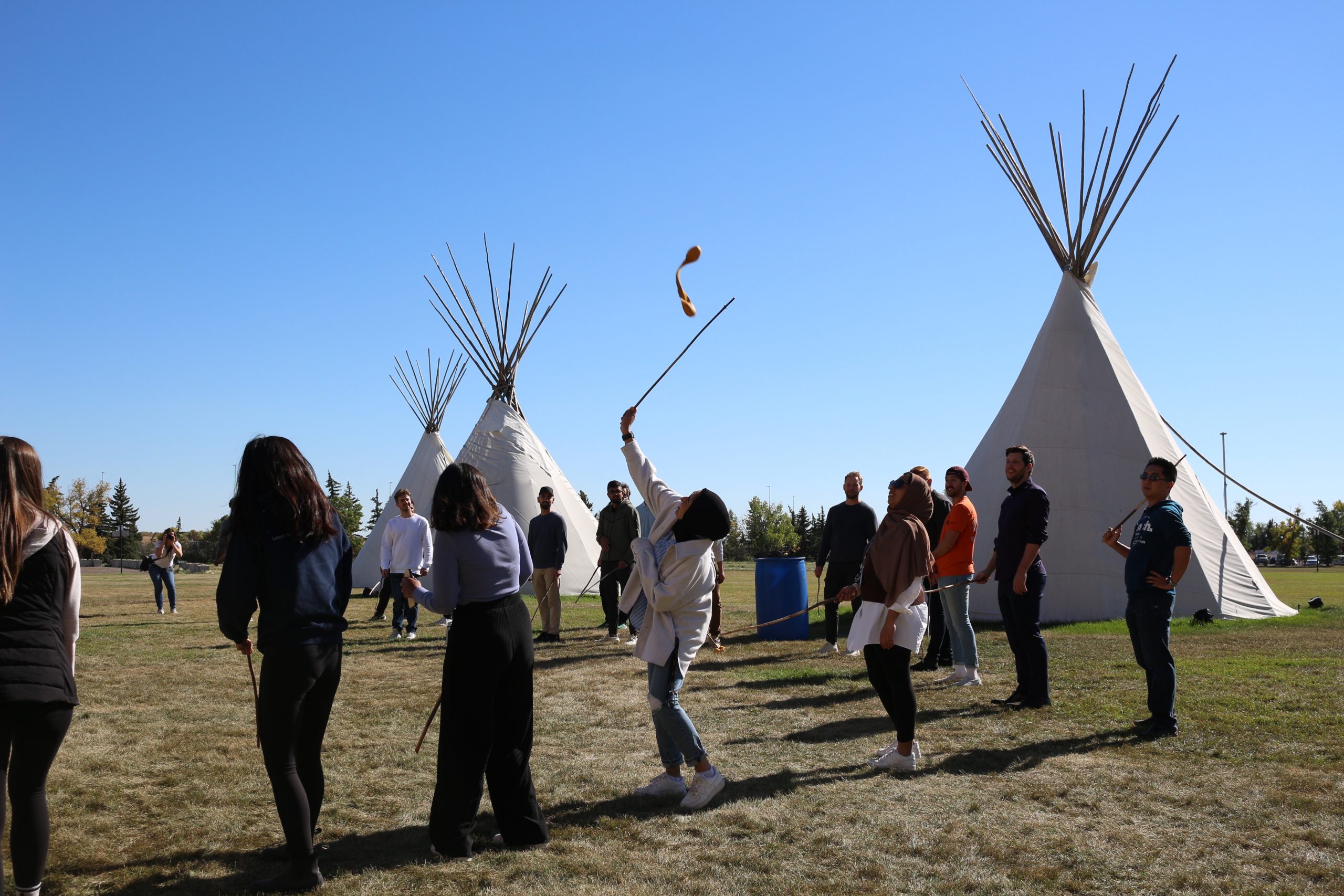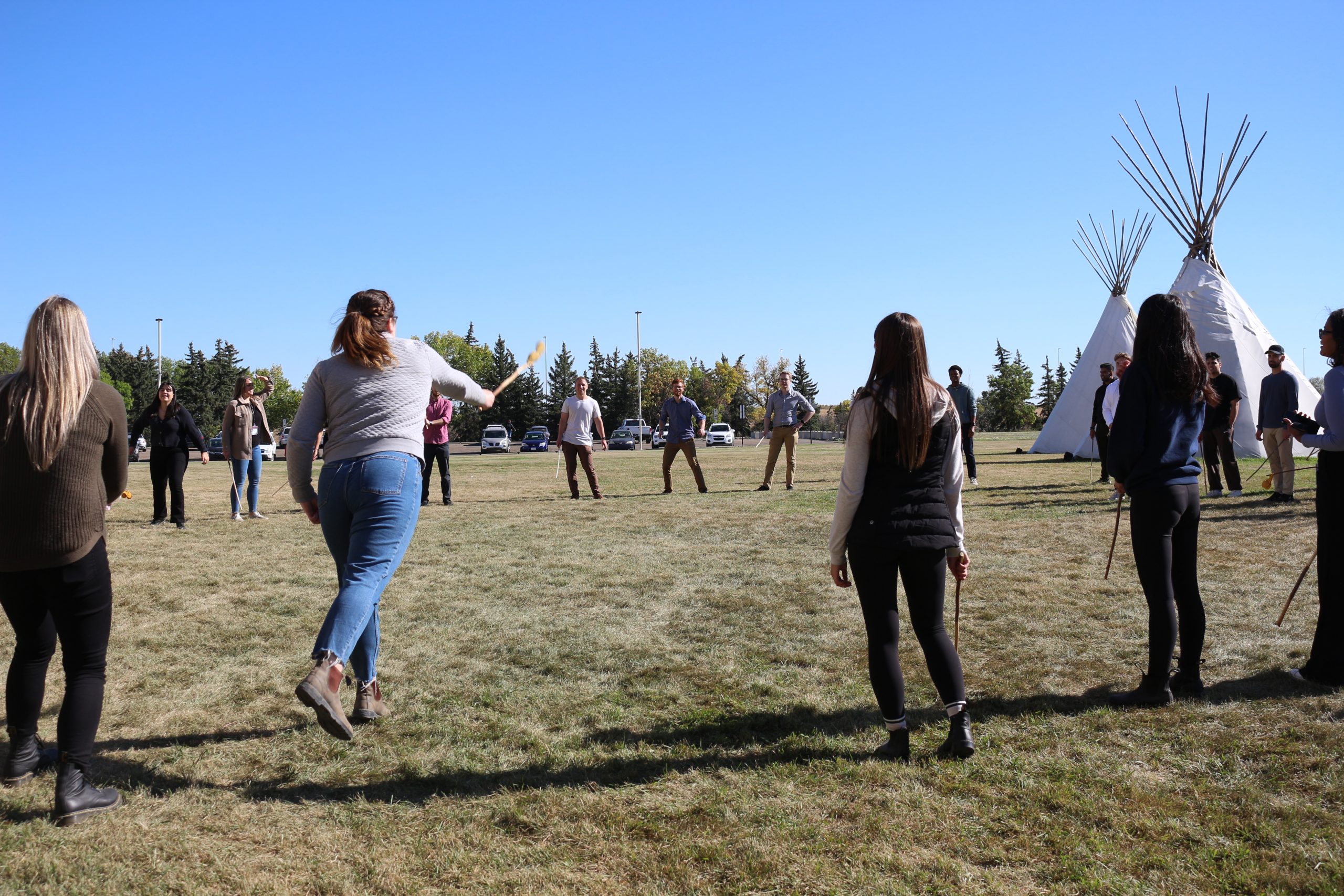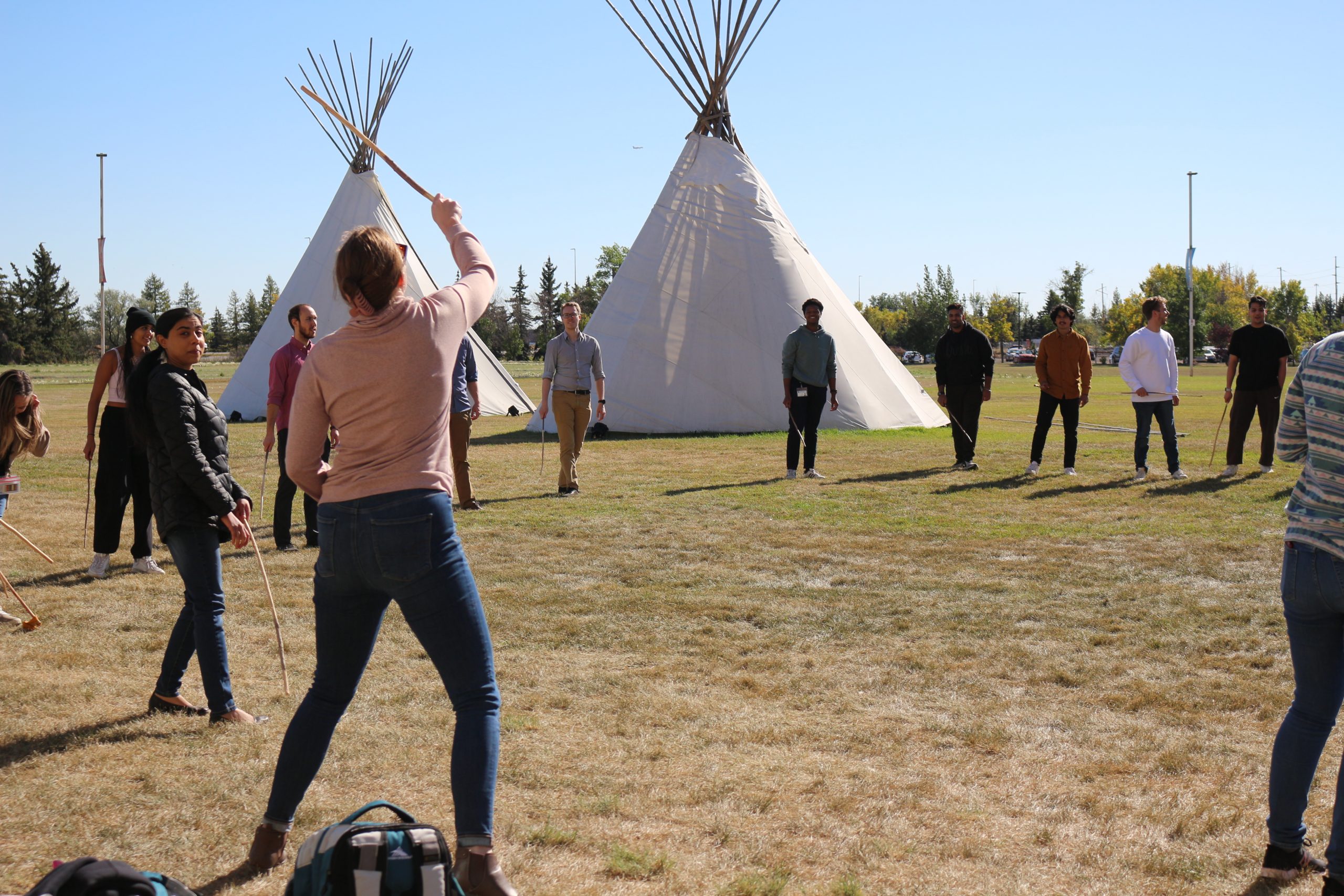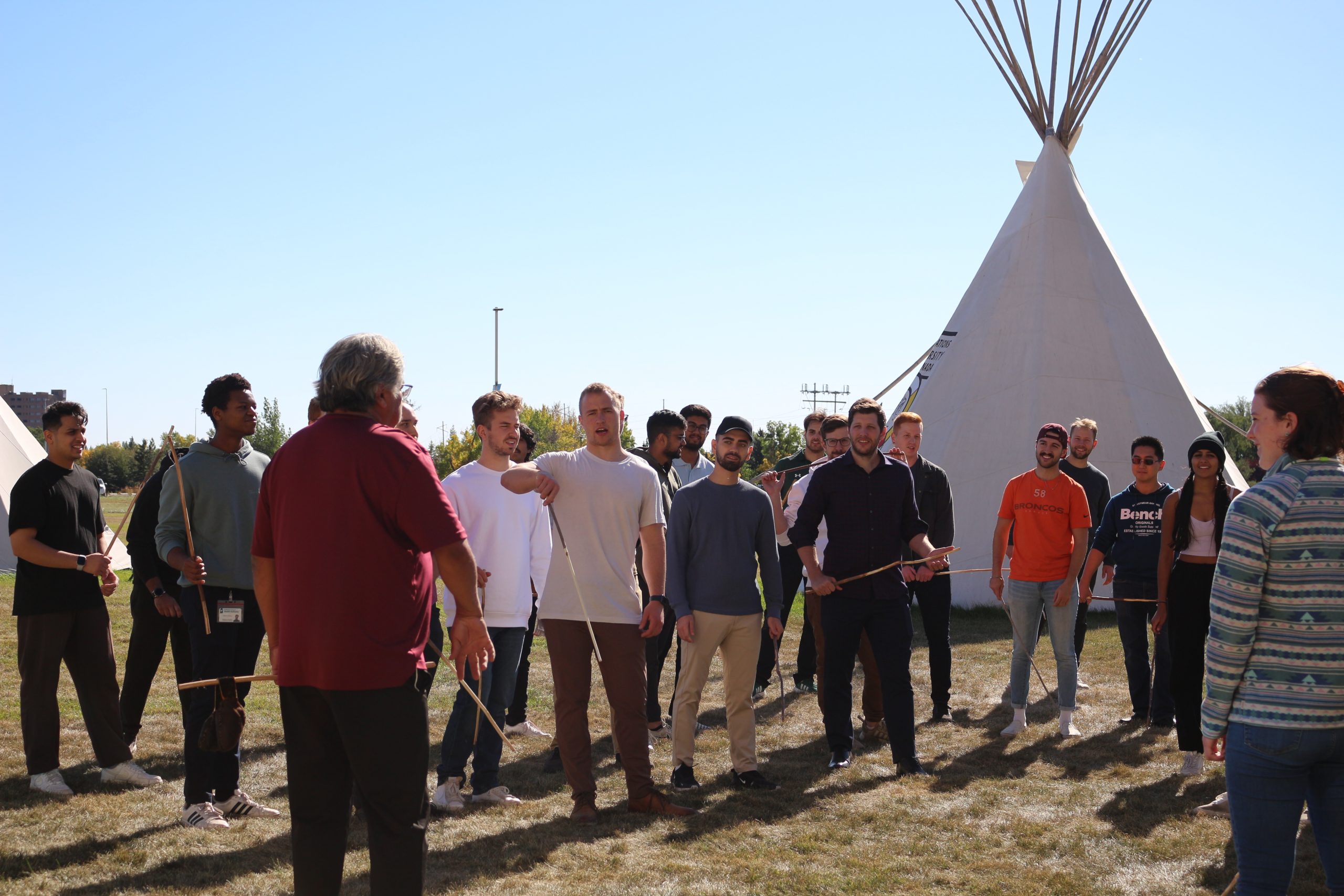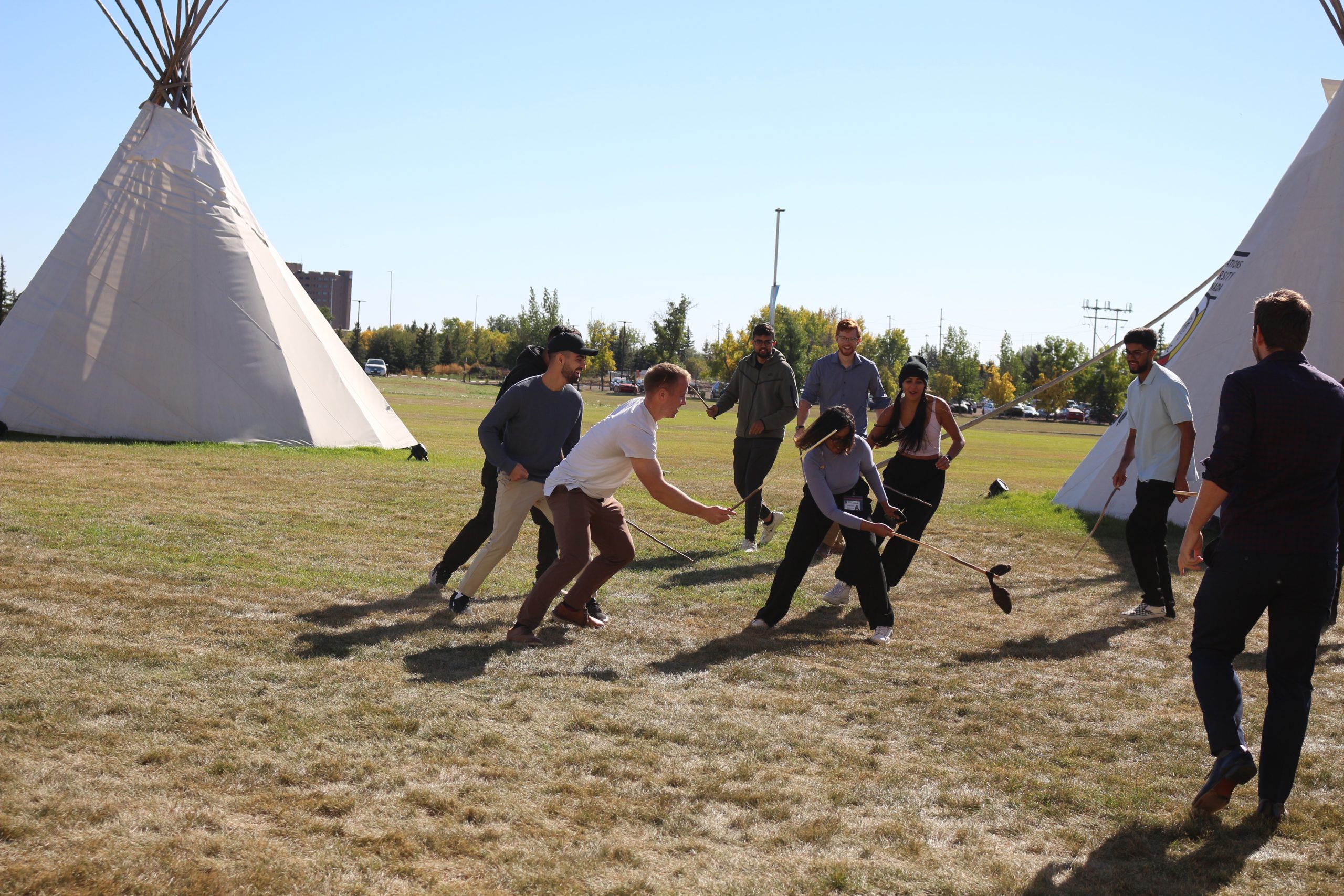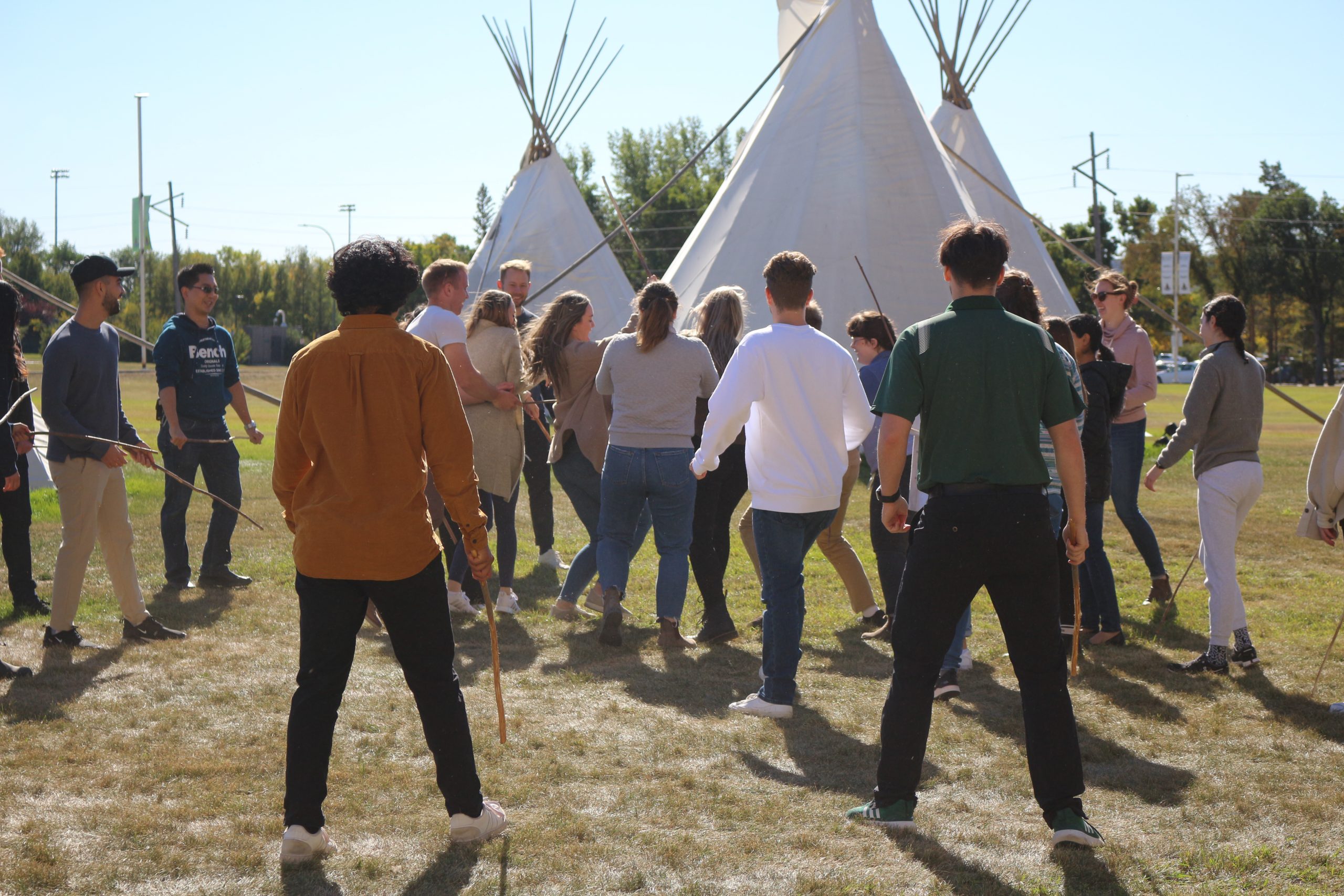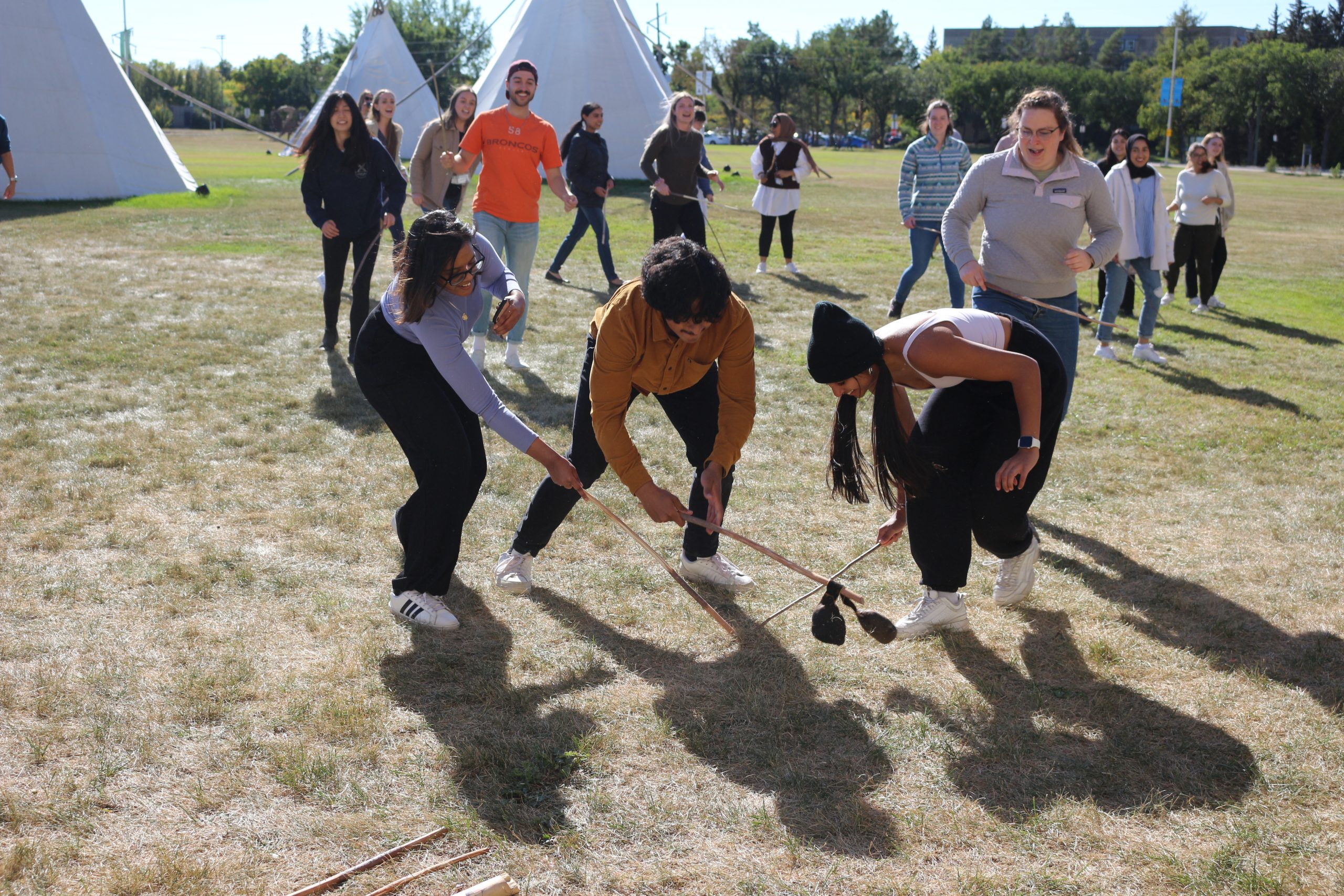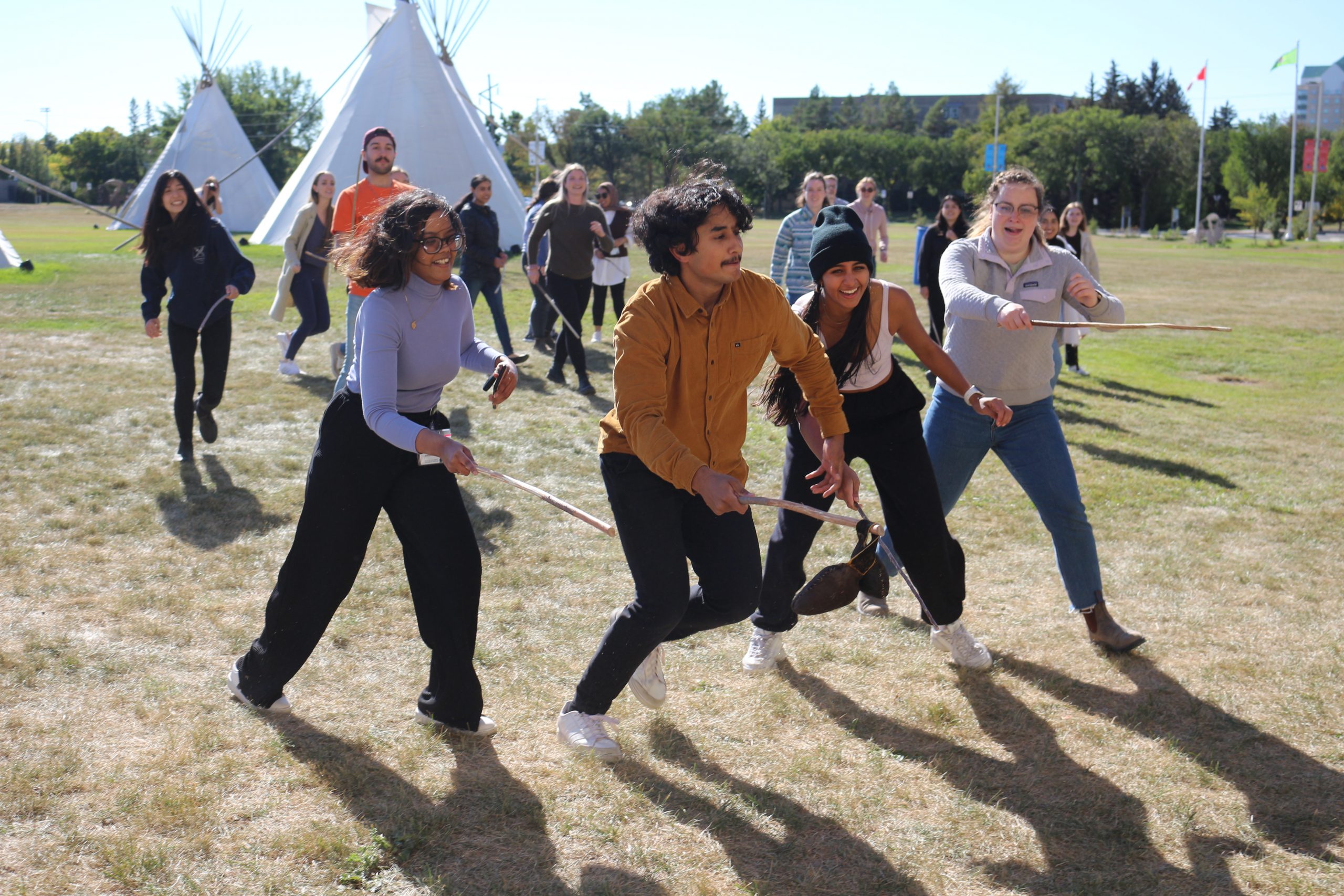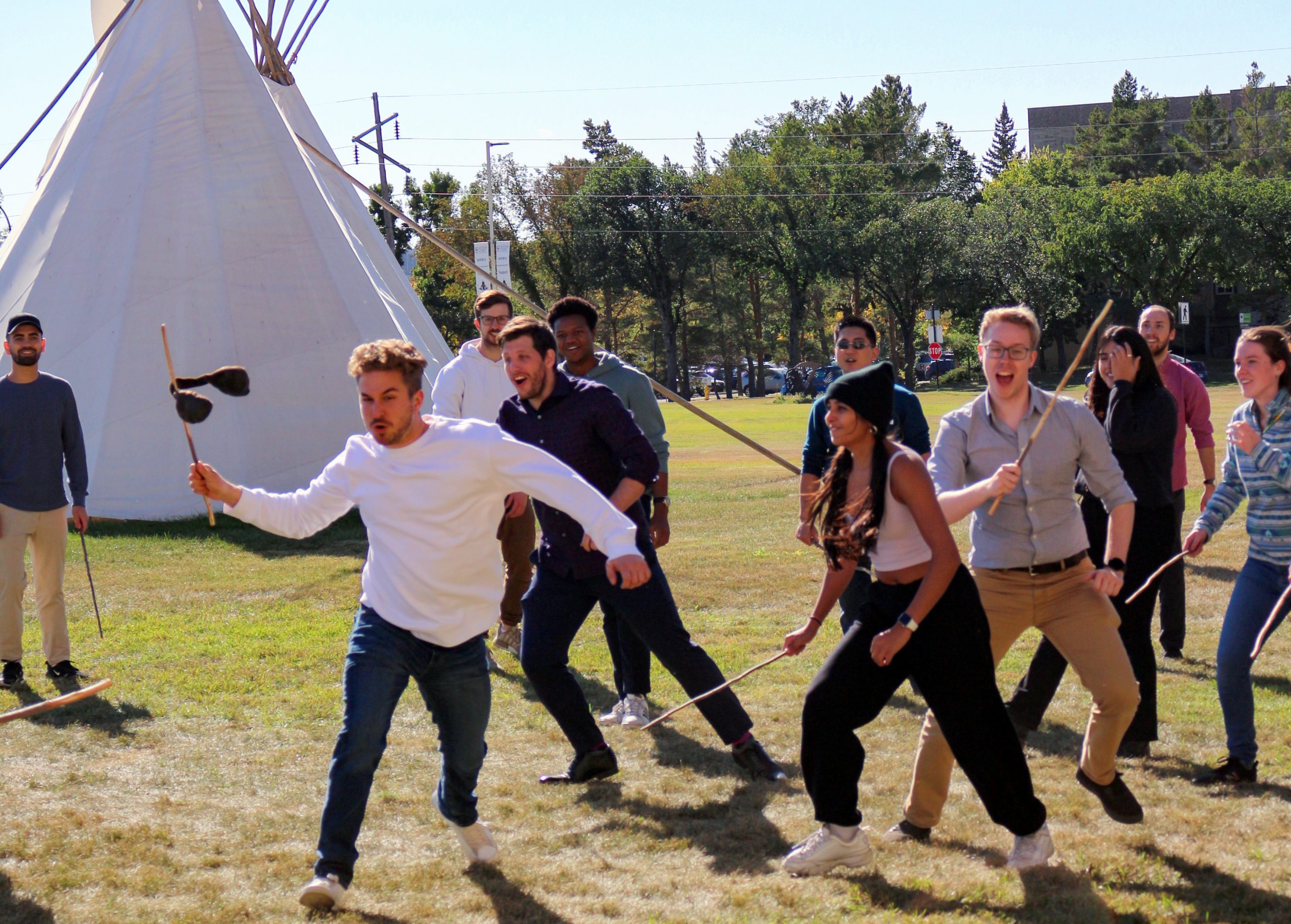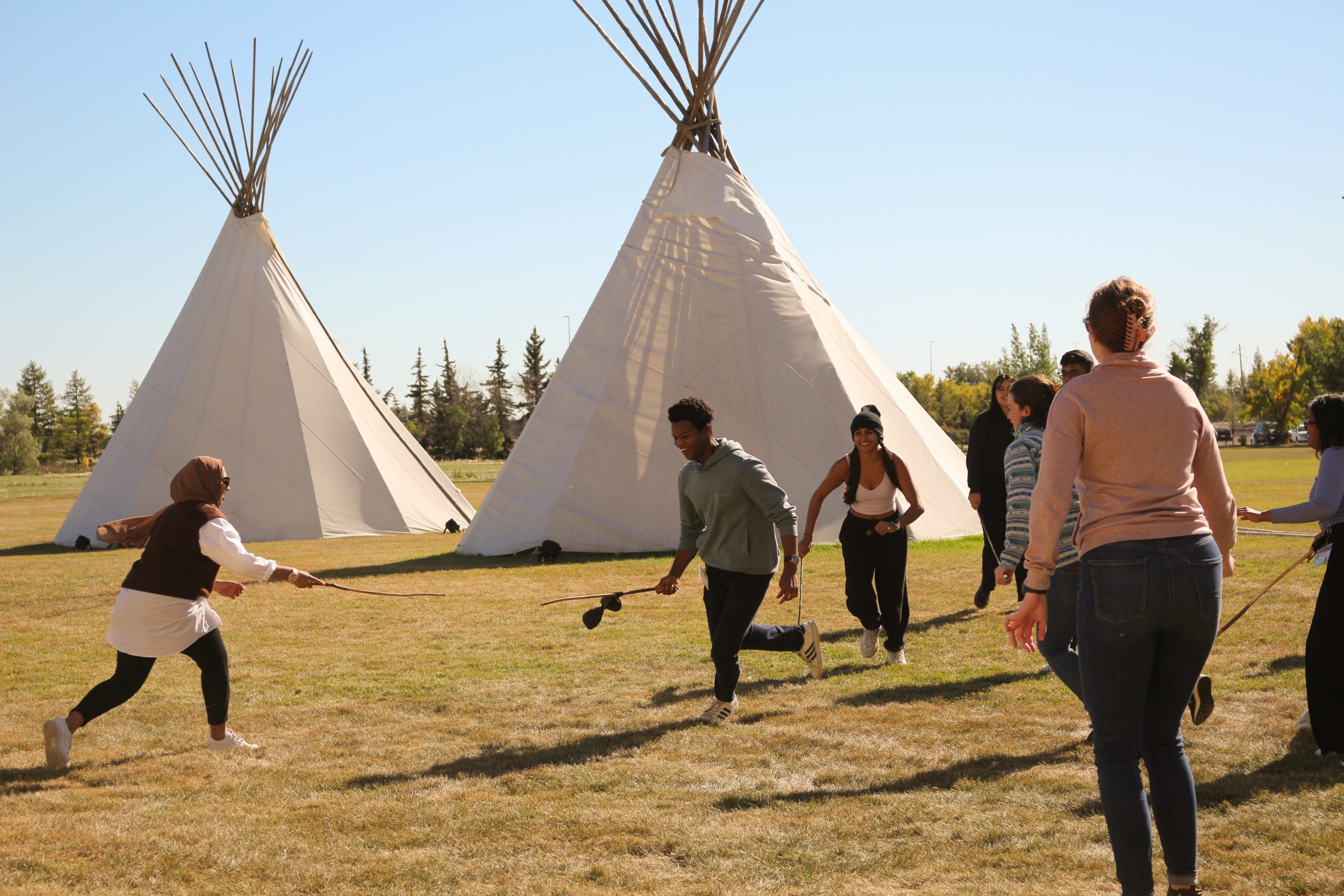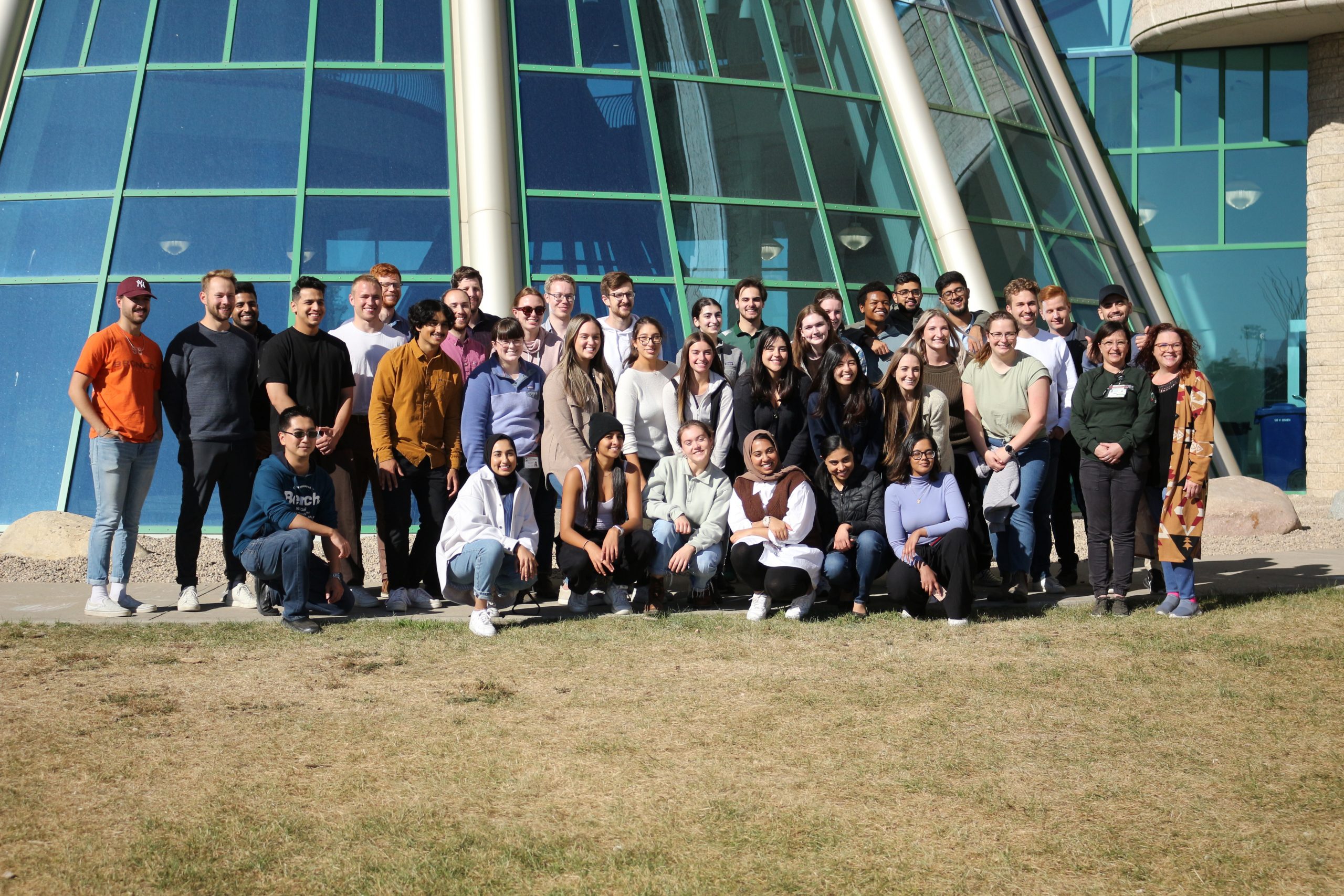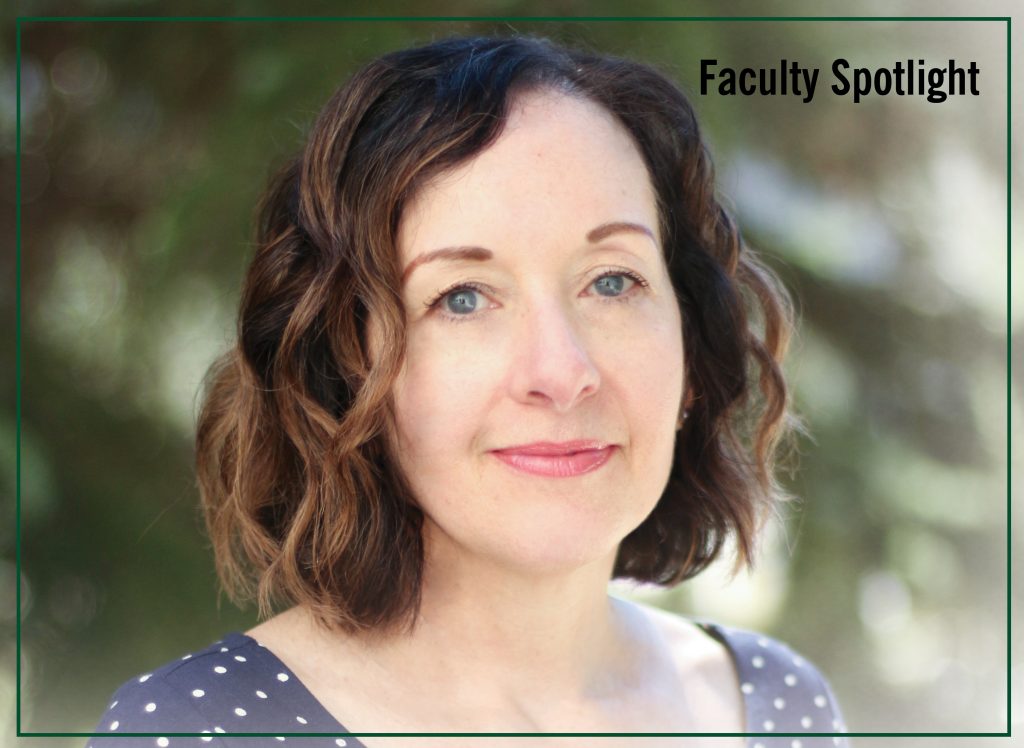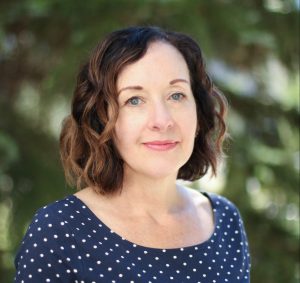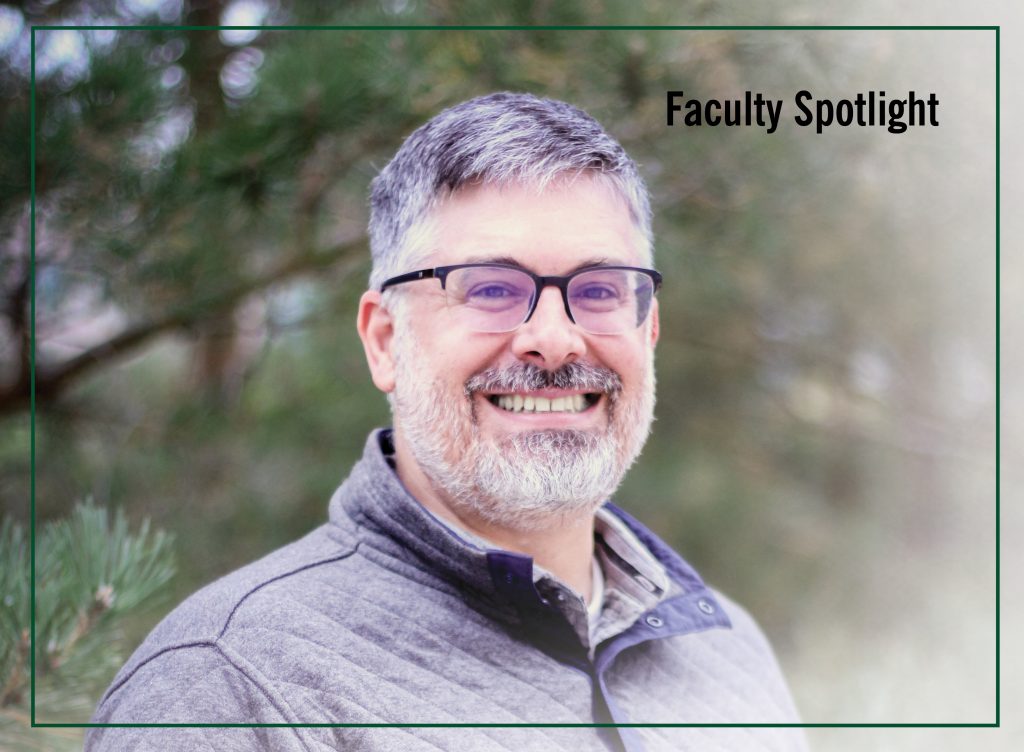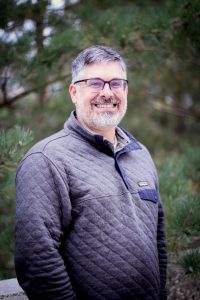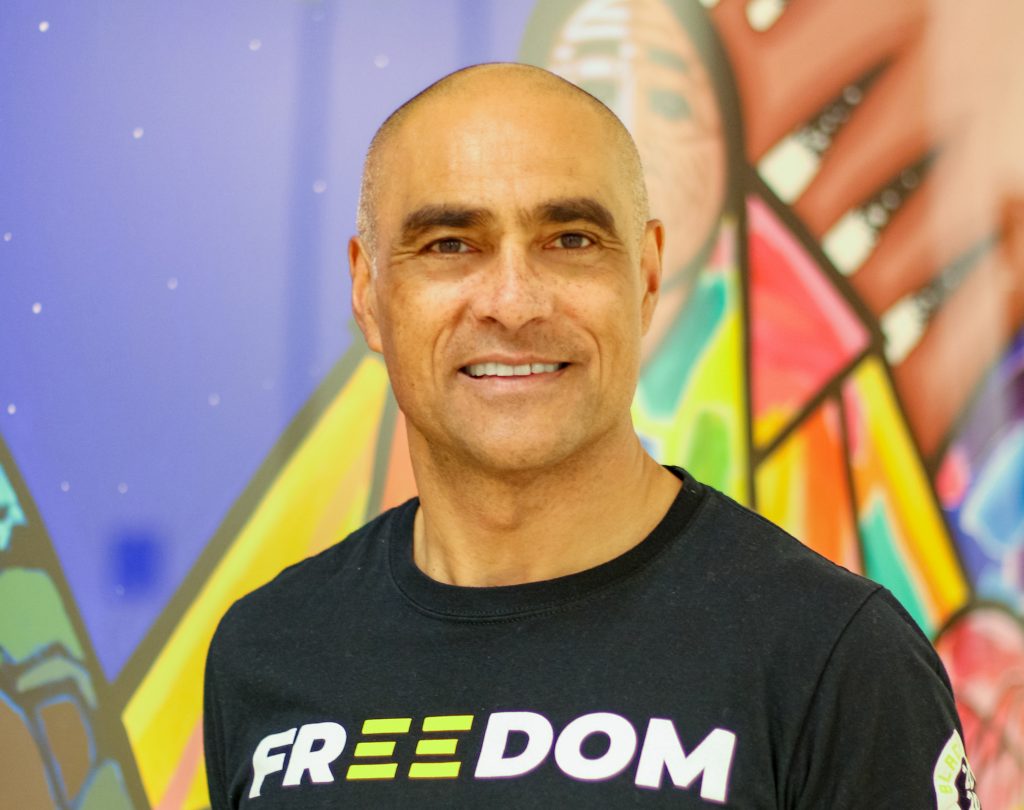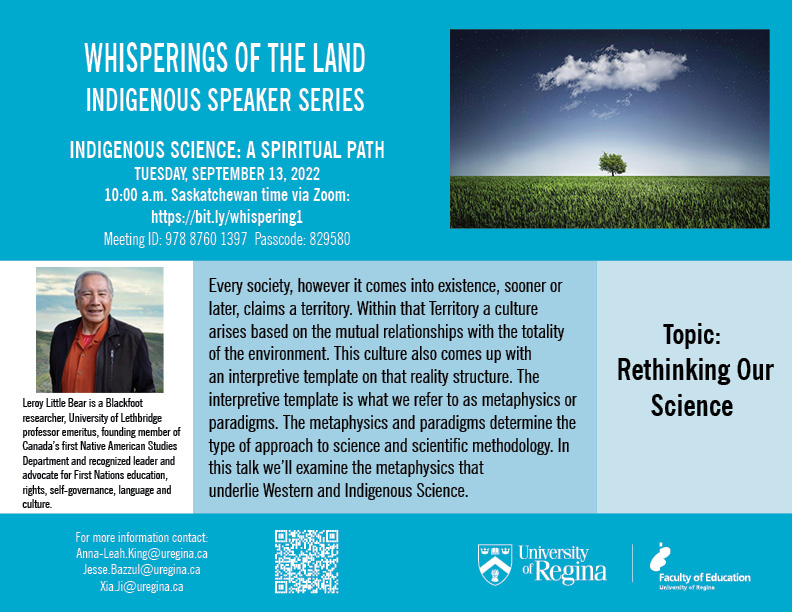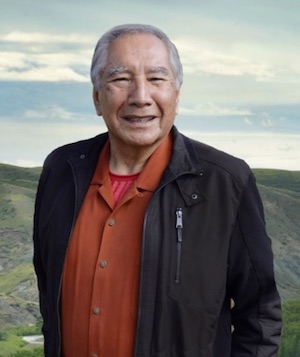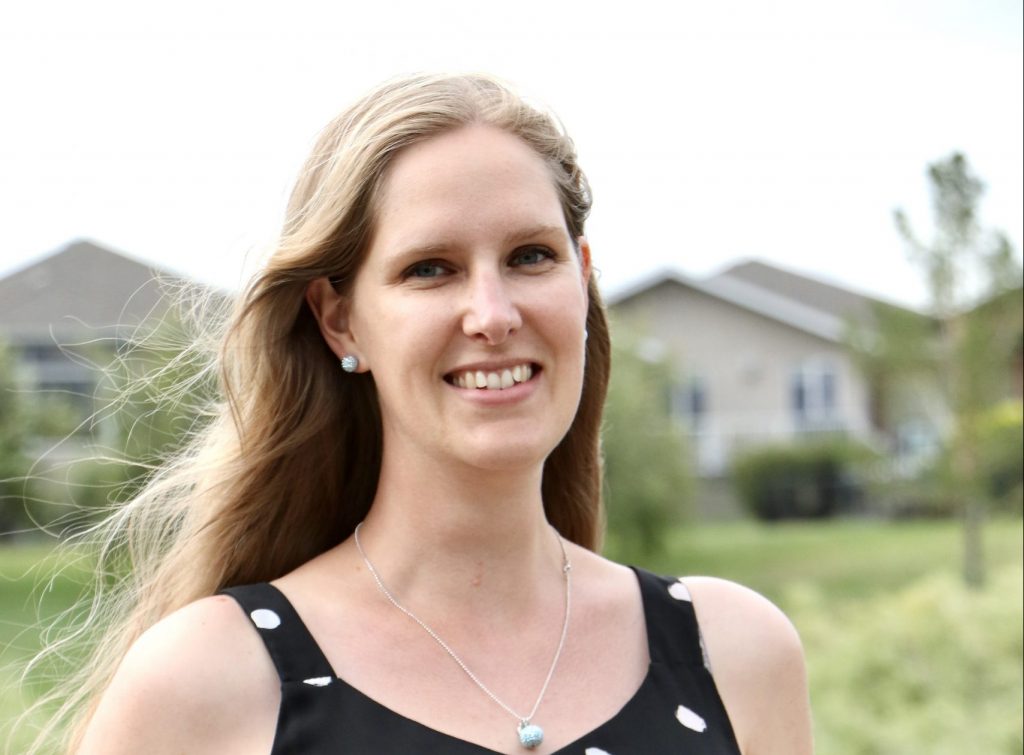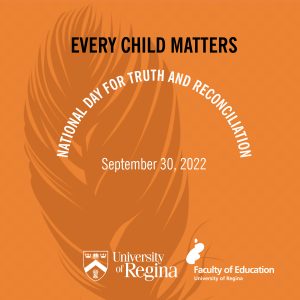 As many of you know, this week is National Truth and Reconciliation Week. The University of Regina is honouring the National Day for Truth and Reconciliation, which takes place on Friday, September 30, by closing so that students, staff, and faculty can find ways to respectfully honour the children who never returned home and the survivors of Indian Residential Schools, as well as their families and communities.
As many of you know, this week is National Truth and Reconciliation Week. The University of Regina is honouring the National Day for Truth and Reconciliation, which takes place on Friday, September 30, by closing so that students, staff, and faculty can find ways to respectfully honour the children who never returned home and the survivors of Indian Residential Schools, as well as their families and communities.
The Faculty of Education has collectively committed to work to ensure that we and others who join us in learning gain a deeper understanding of our shared histories and contemporary relationships. We hope that everyone we collaborate with understands that decolonization, Indigenization, and reconciliation are our collective responsibilities.
As the Honourable Murray Sinclair said: “Education is what got us into this mess—the use of education at least in terms of residential schools—but education is the key to reconciliation.” Education is the first step to understand the truth, which is necessary if we as non-Indigenous people have any hope that we might be able to repair the relationships that centuries of bad faith have damaged.
If you are uncertain how you might honour the survivors and pay respect to the lives stolen from their families and communities you can begin by wearing orange on September 30th to honour the survivors of residential school and those who never returned home. It is a first step.
You can read, listen, and learn about the First Nations, Métis, and Inuit communities in your region and learn about the many contributions they have made to your community, the Province and the nation. It is a second step.
You can spend time with the resources and archives available from the National Centre for Truth and Reconciliation (NCTR) by visiting either: https://nctr.ca/ or https://archives.nctr.ca/
The NCTR is a place of learning and dialogue where the truths of the residential school experience will be honoured and kept safe for future generations. It is one more step in the right direction.
These are three small steps that are only part of a longer journey that allows us to know and understand the truth, and hopefully they set us on a path to make good on the promises we collectively made to First Nations, Métis and Inuit peoples to live in peace and friendship.
You can also show your support for this important day by attending a local event. The University of Regina has compiled a list of local events: https://www.uregina.ca/external/communications/feature-stories/current/2022/09-26.html
Dr. Jerome Cranston
Dean/Professor
Faculty of Education
